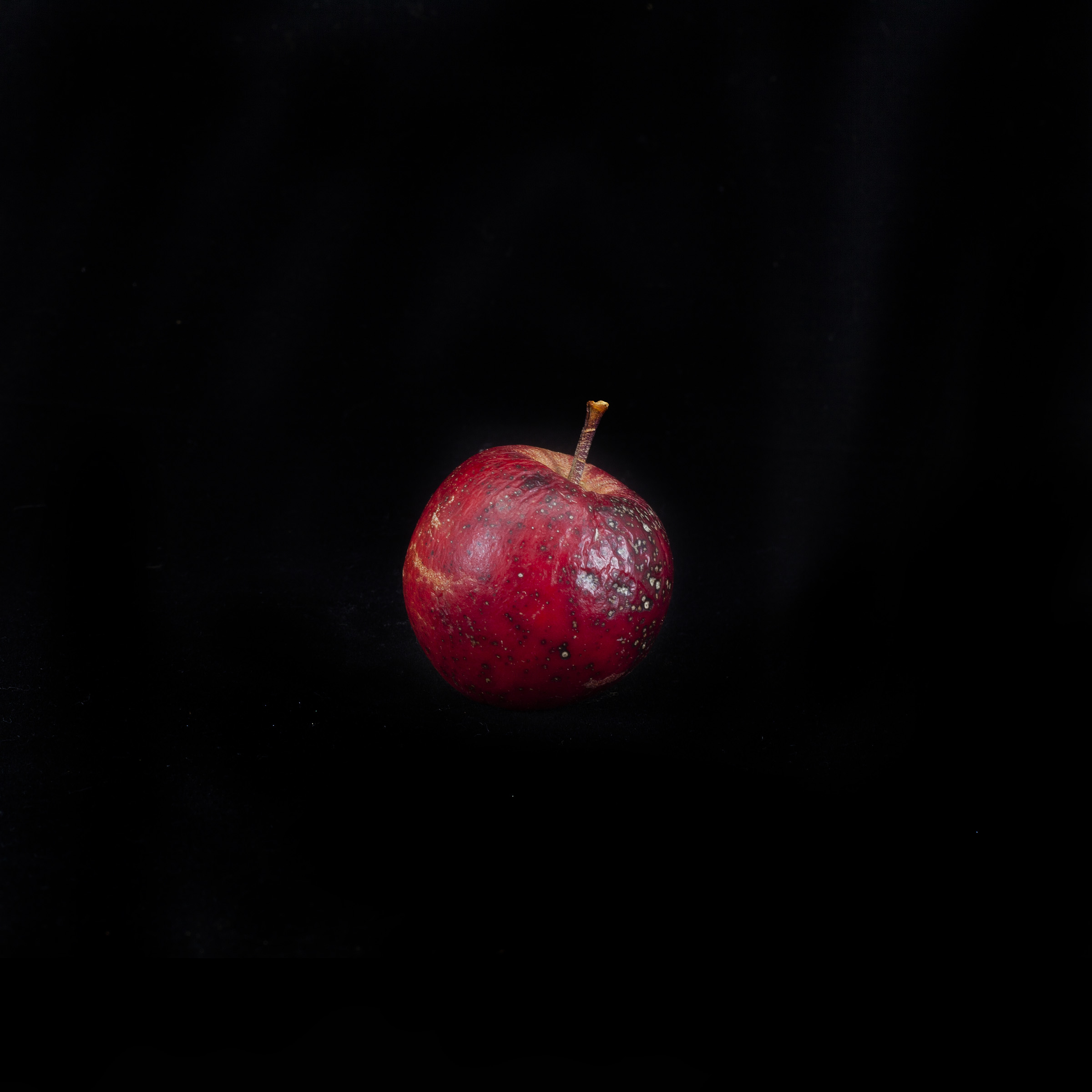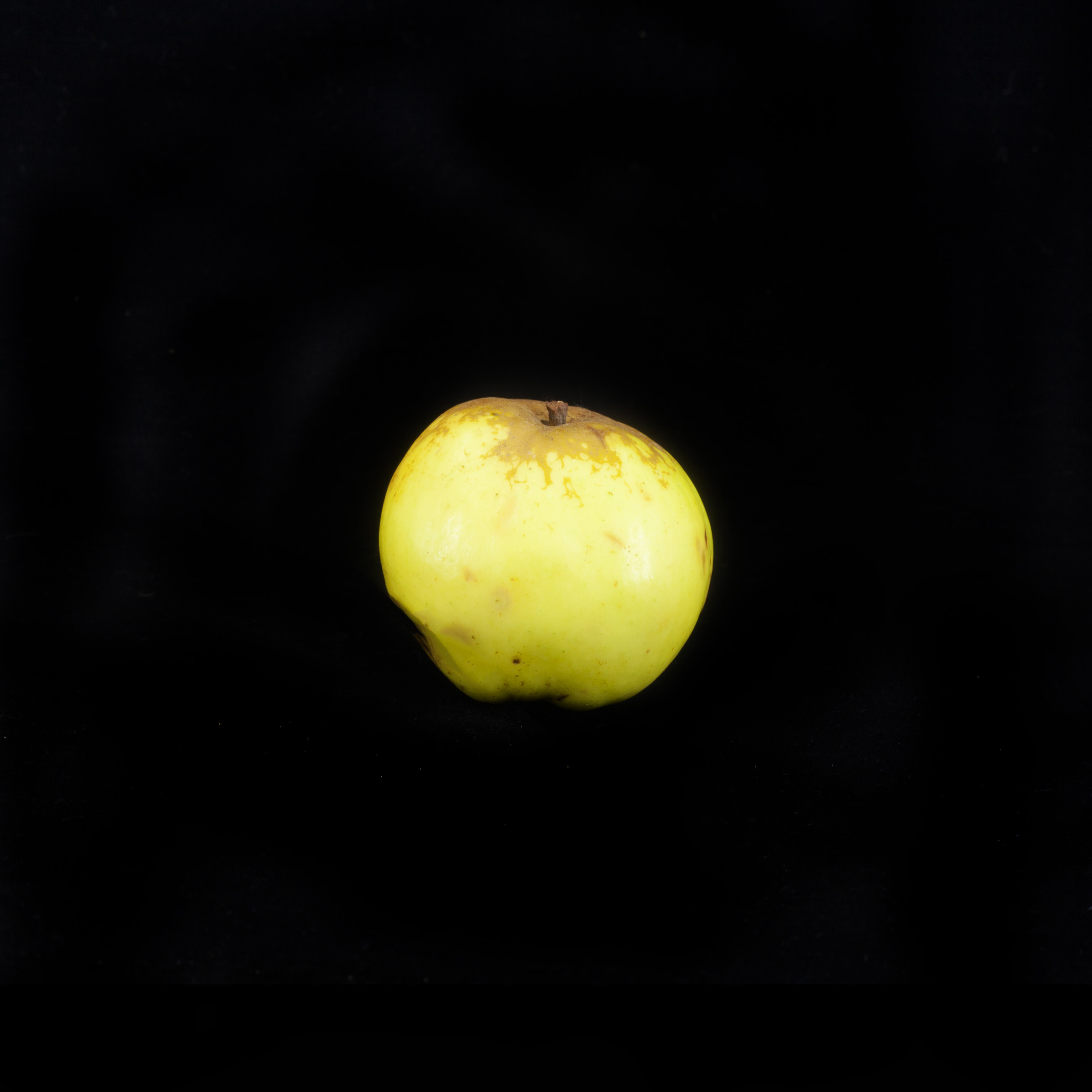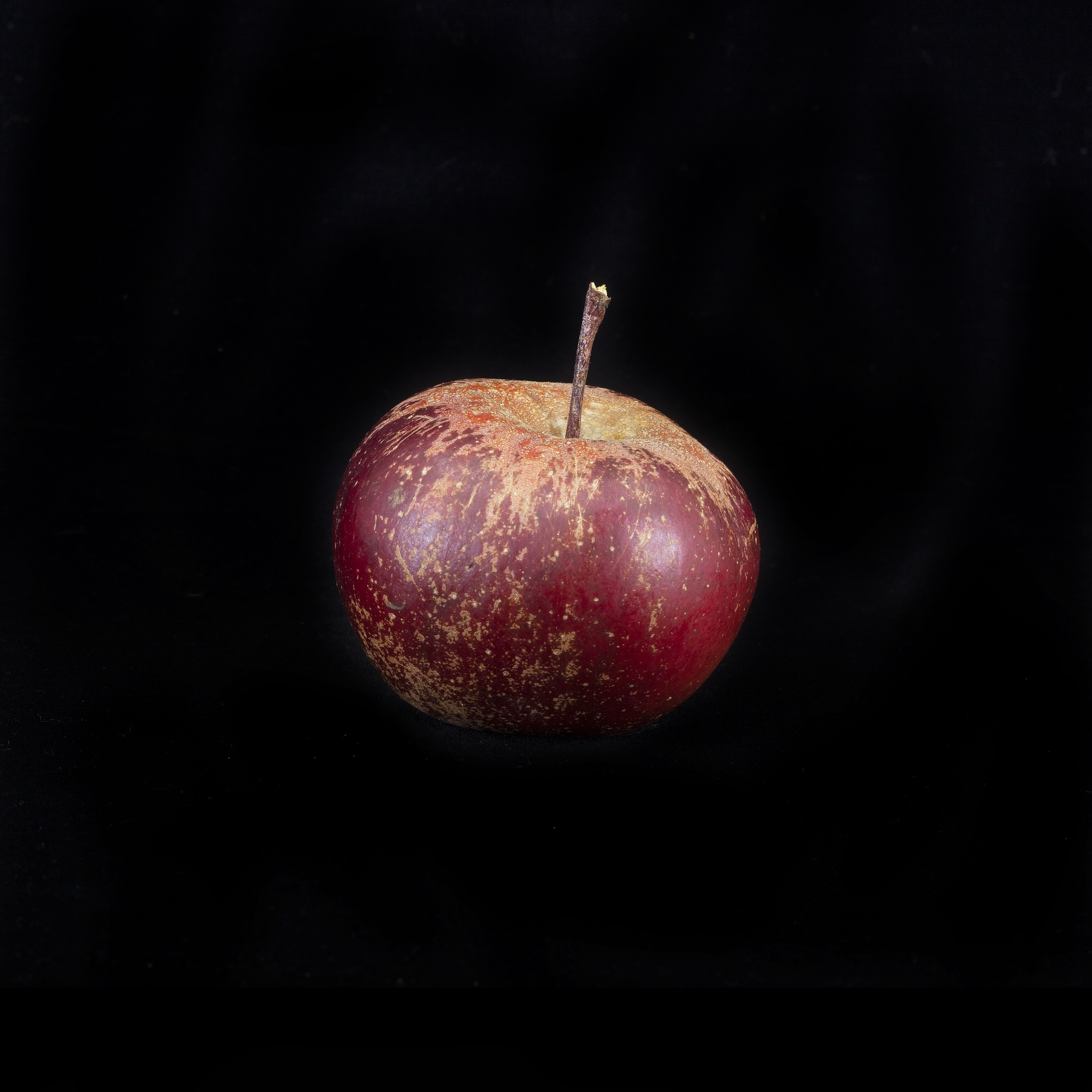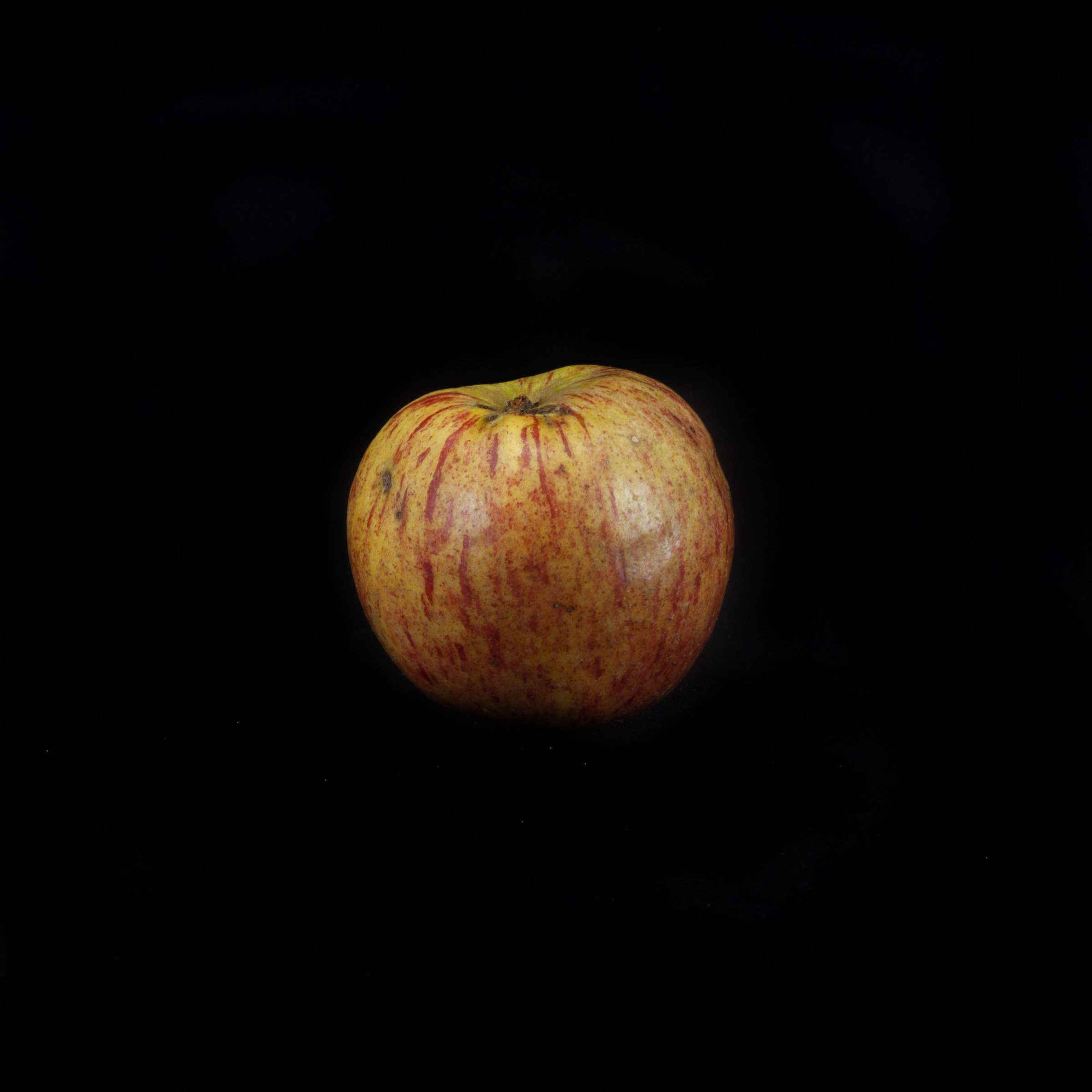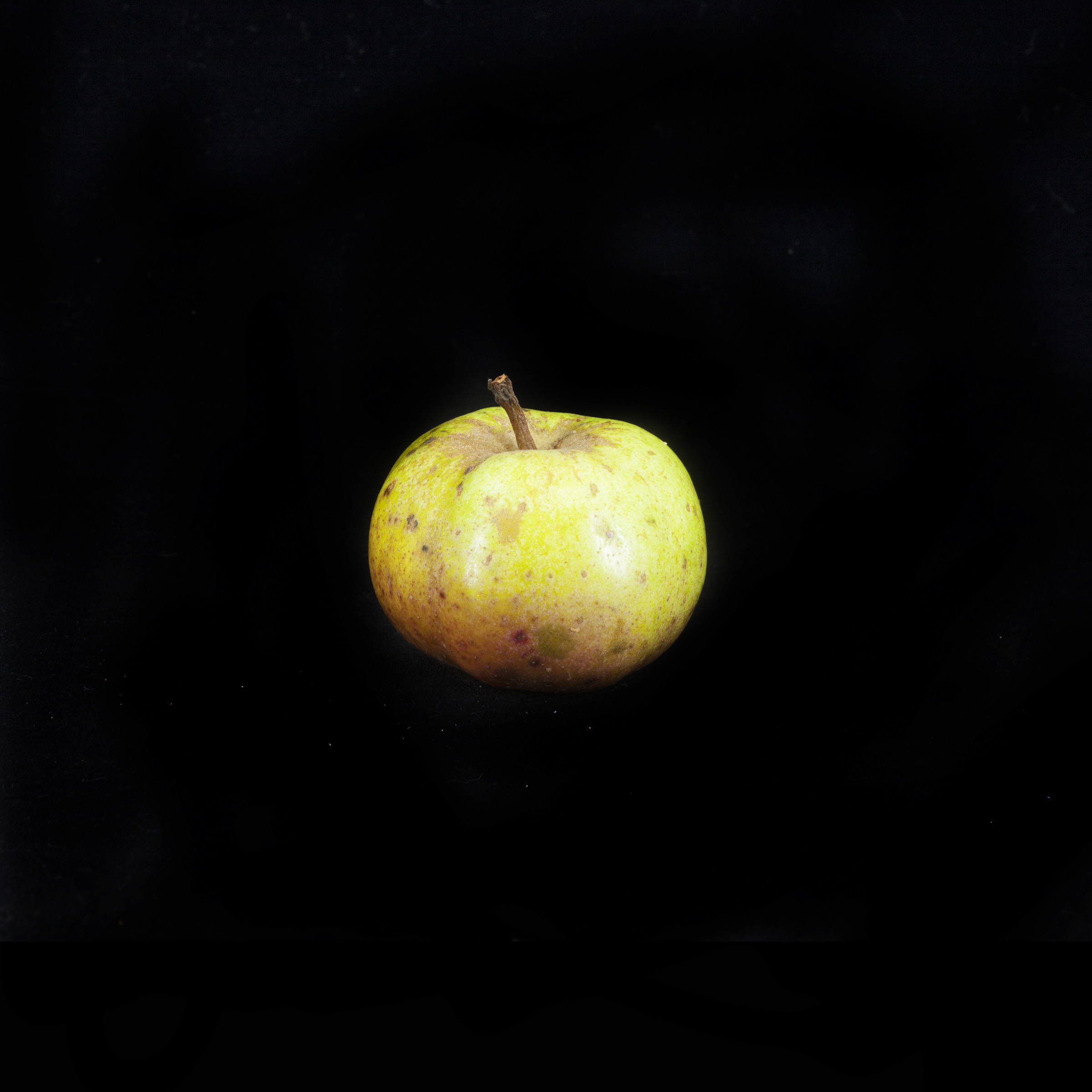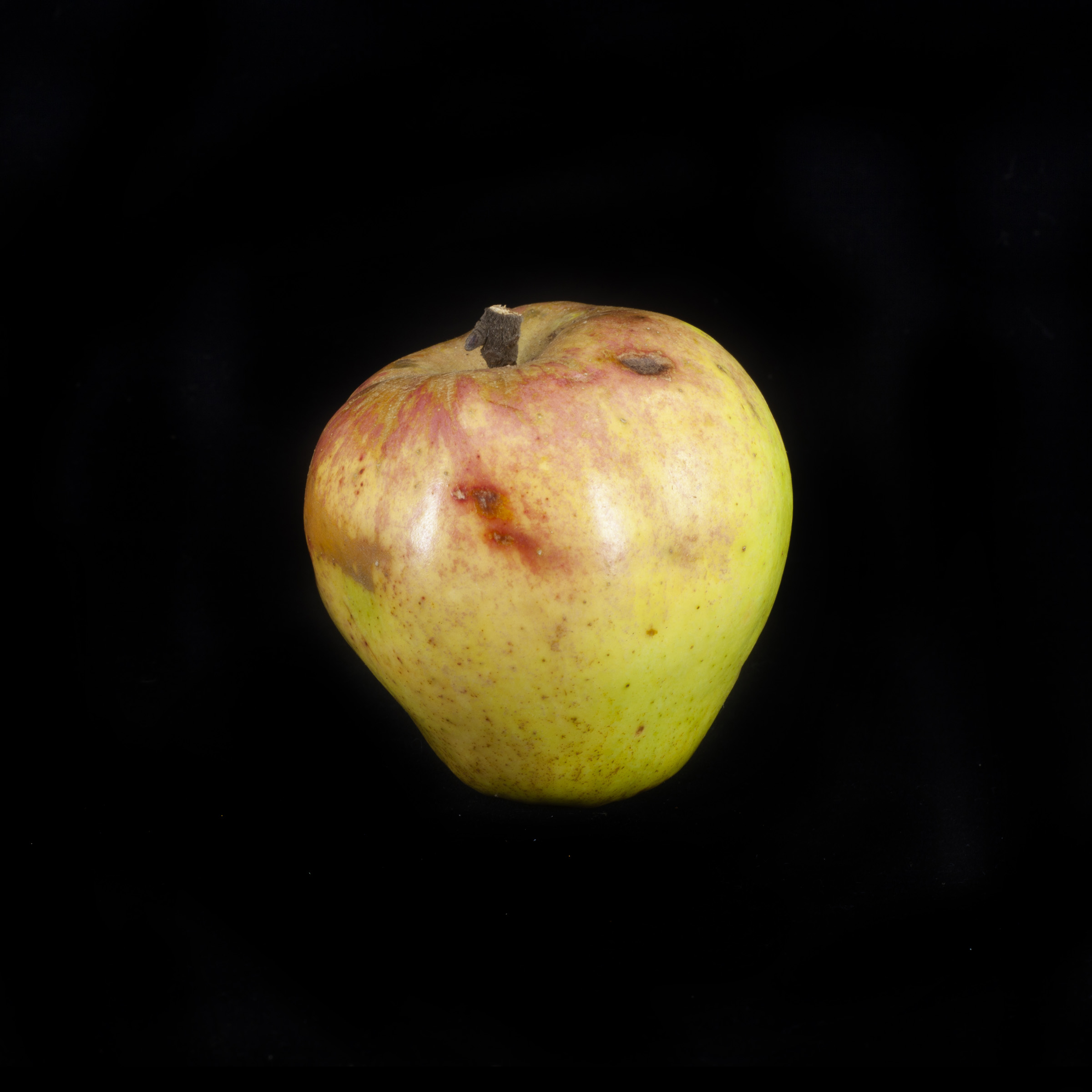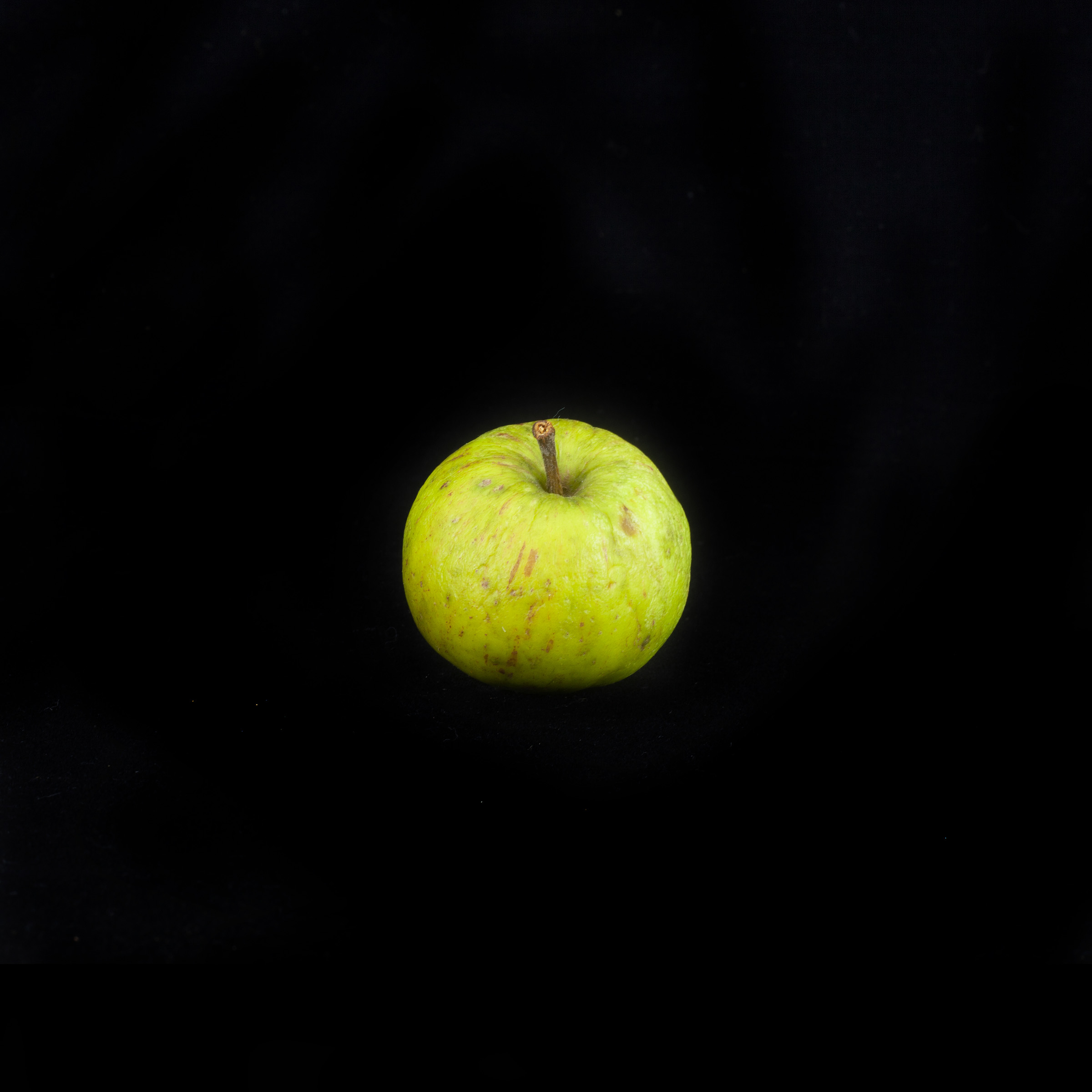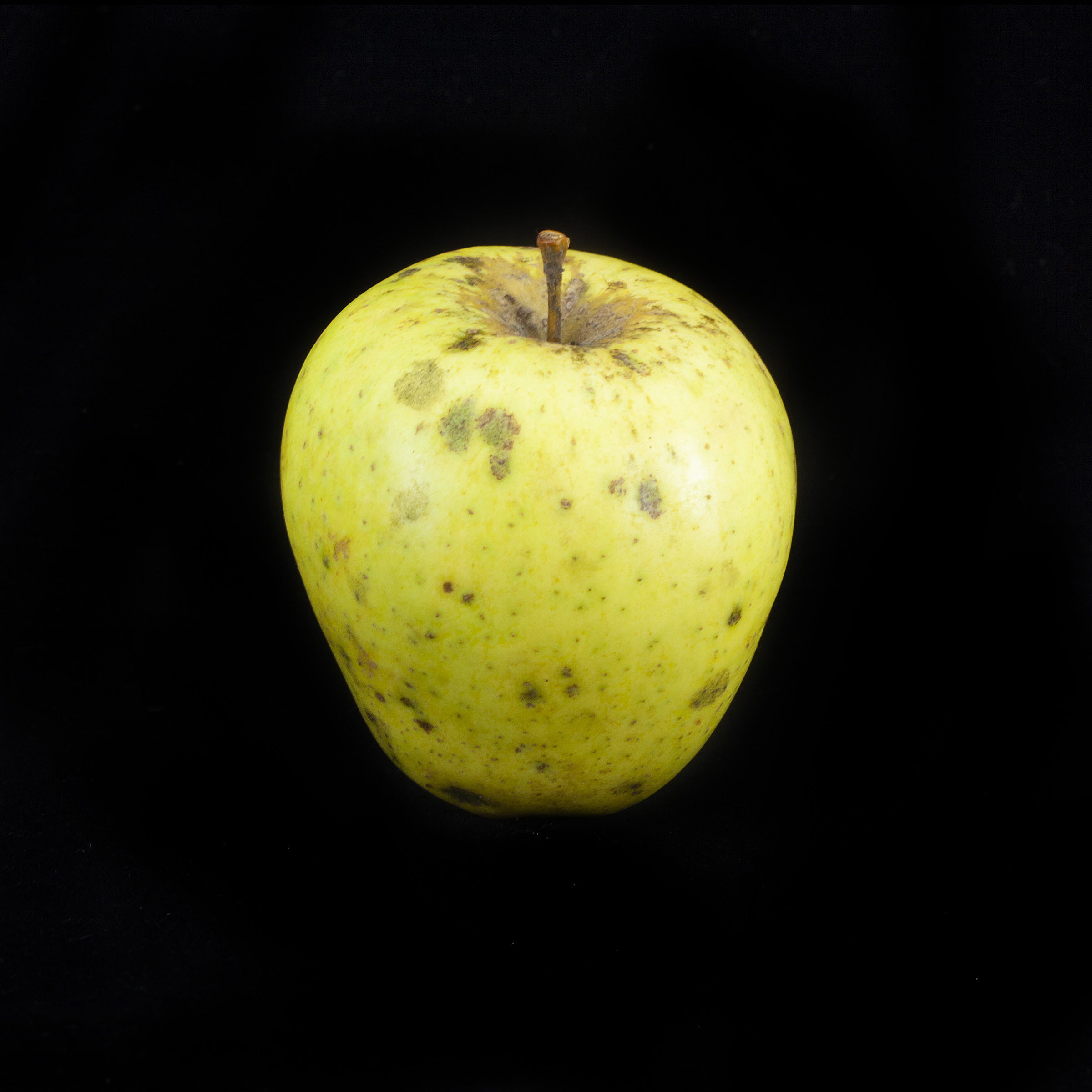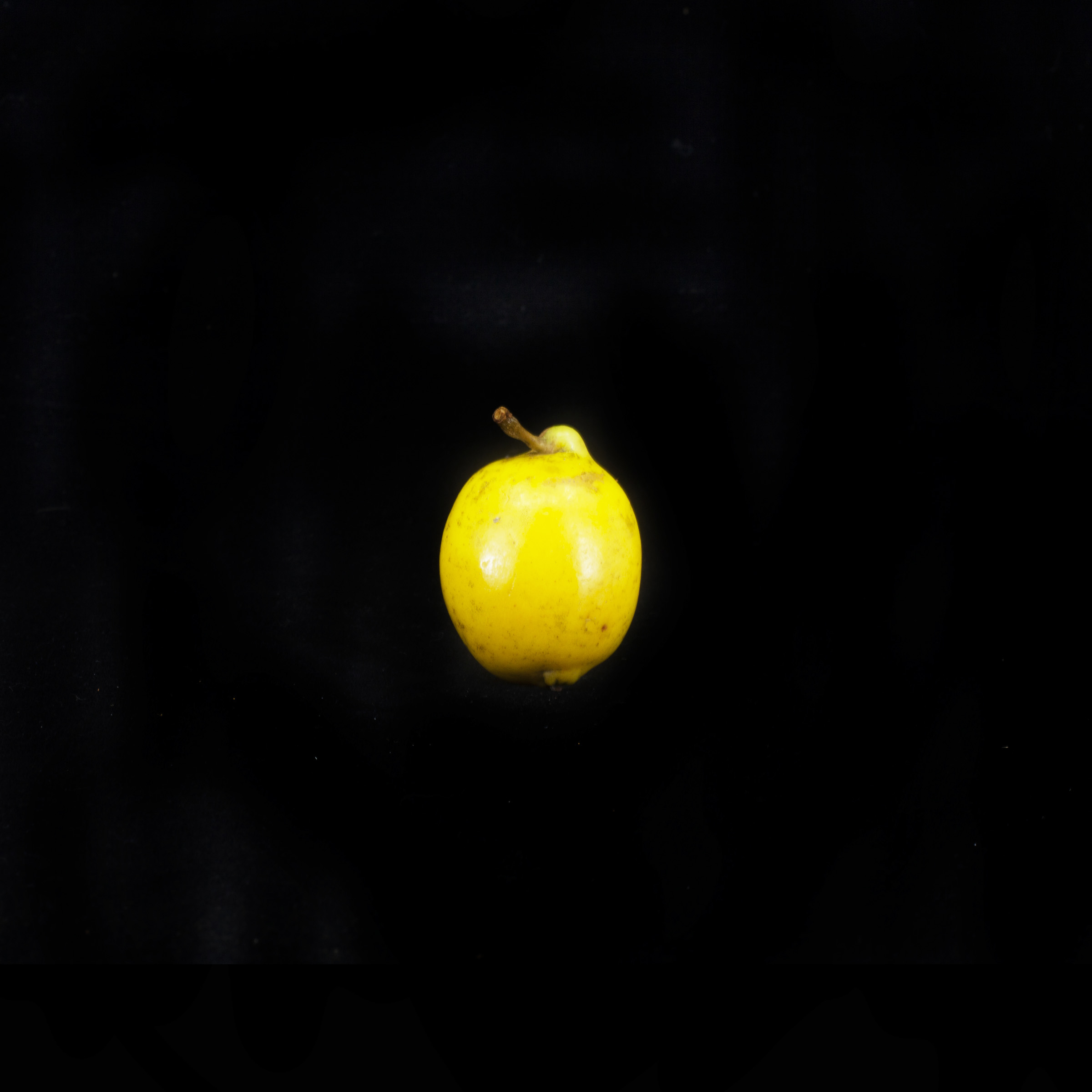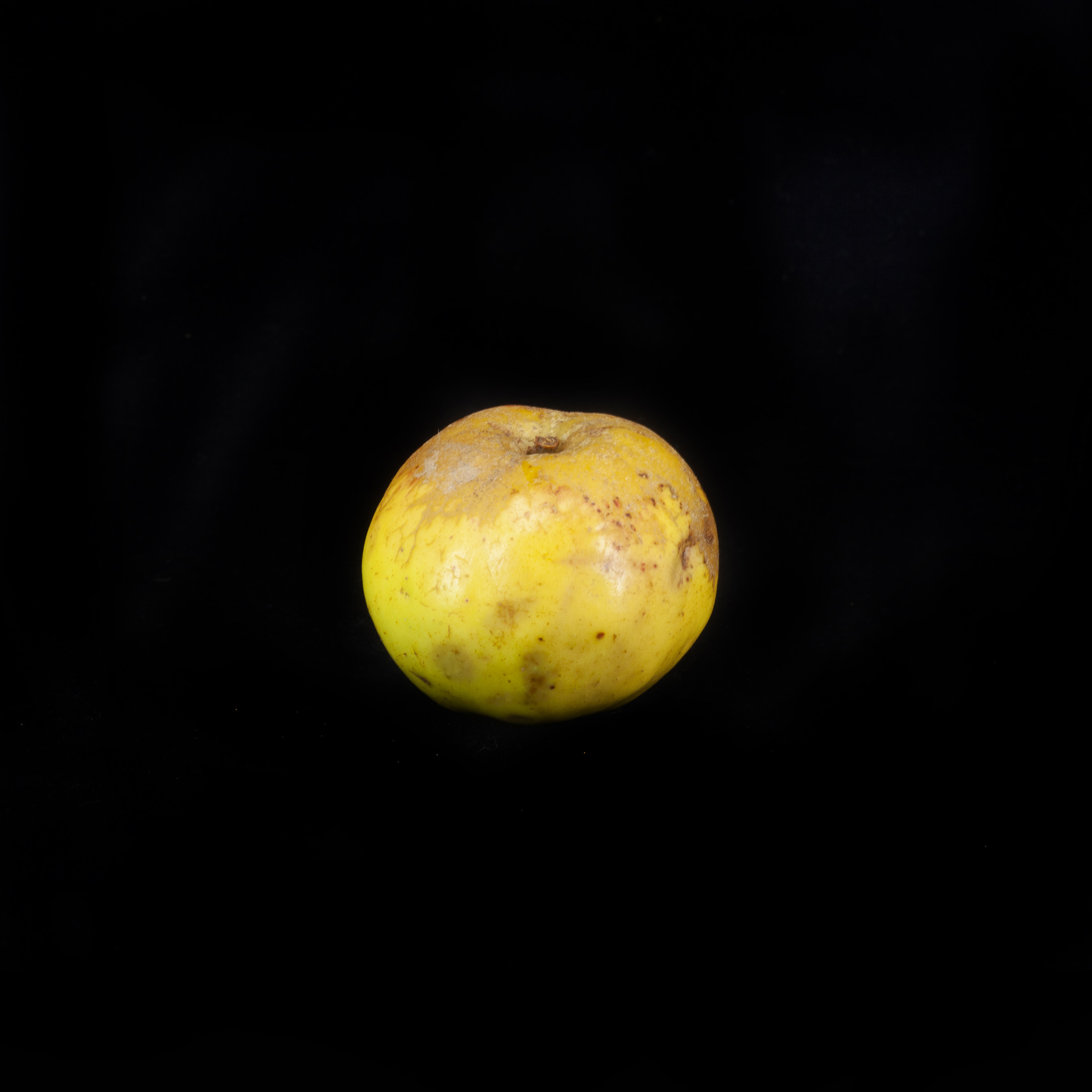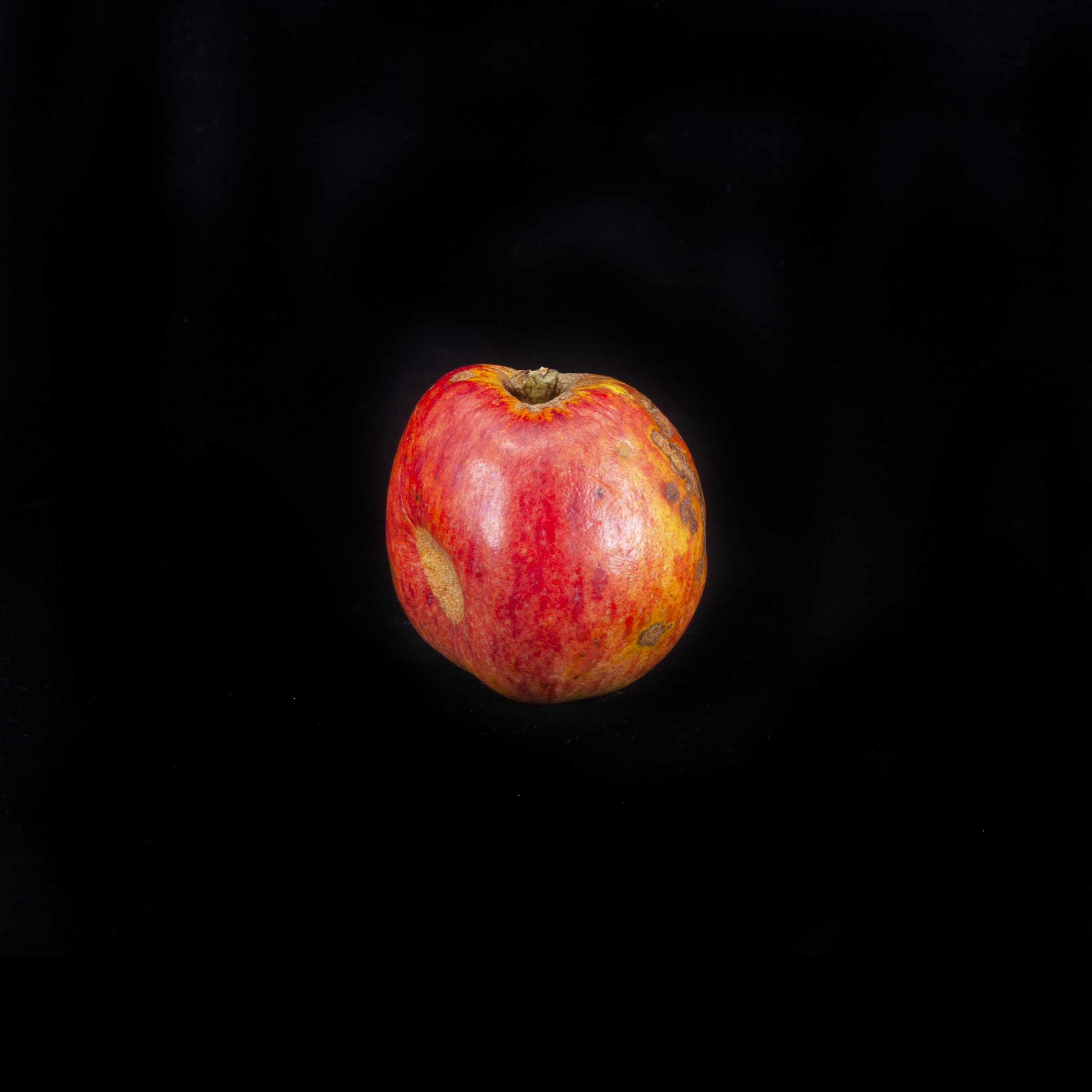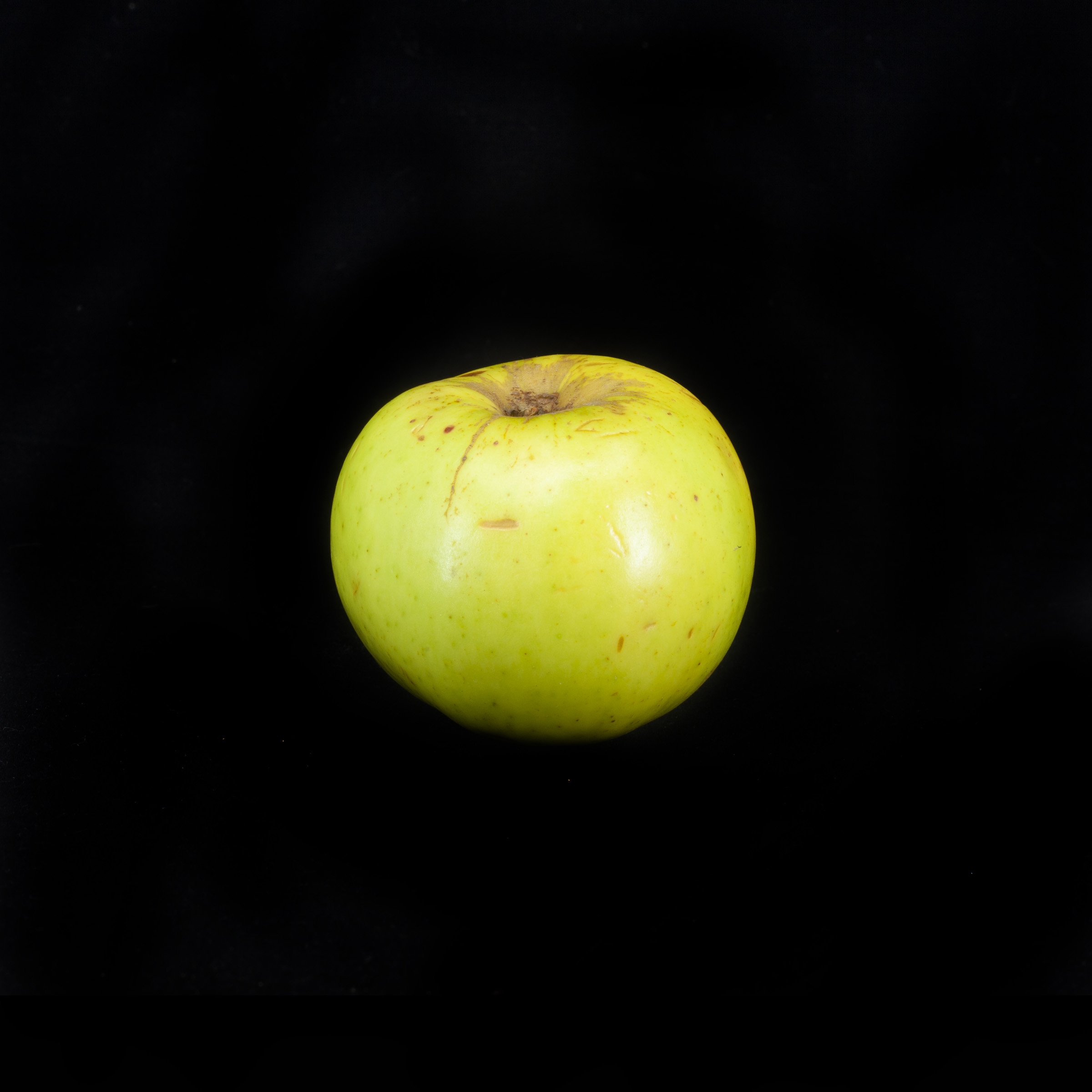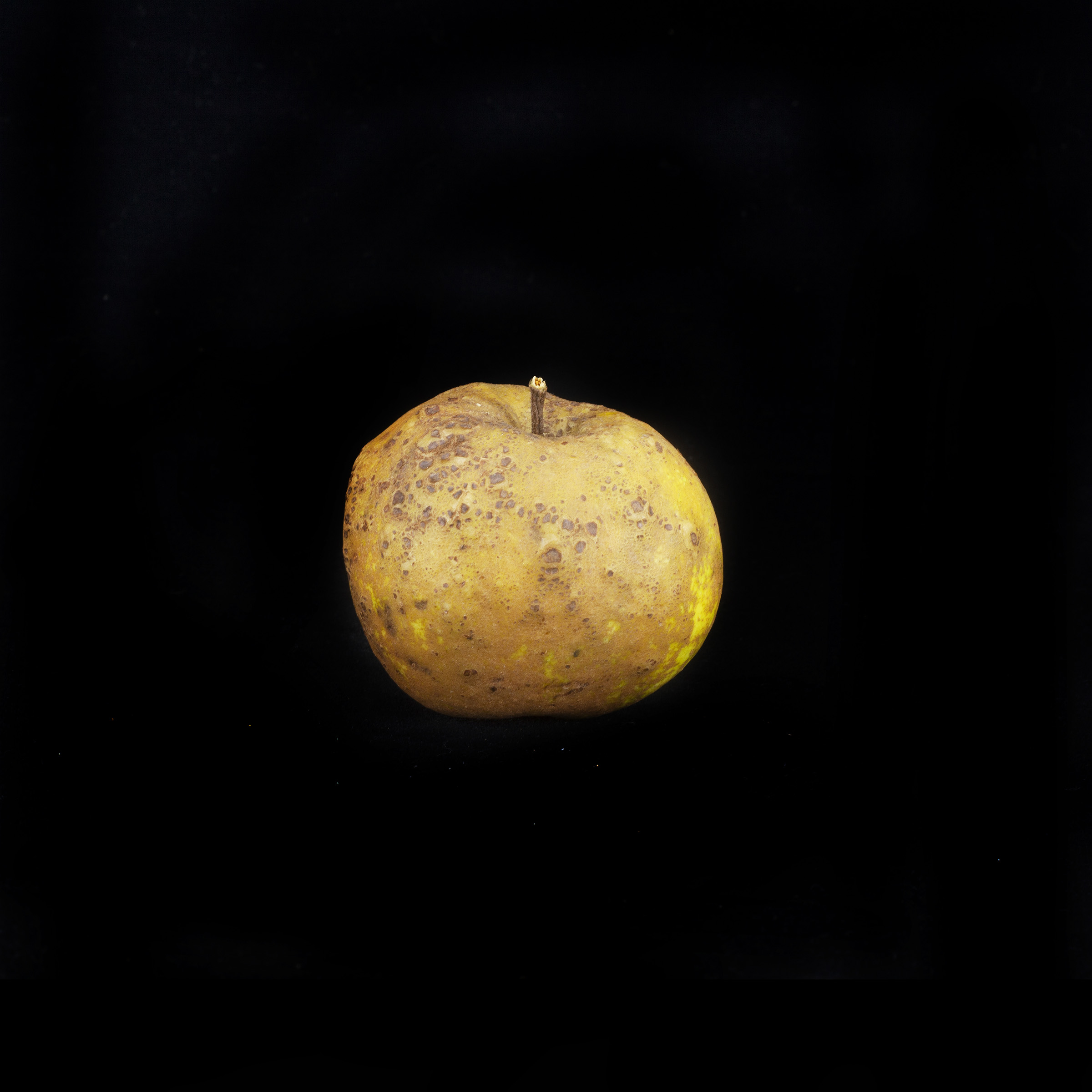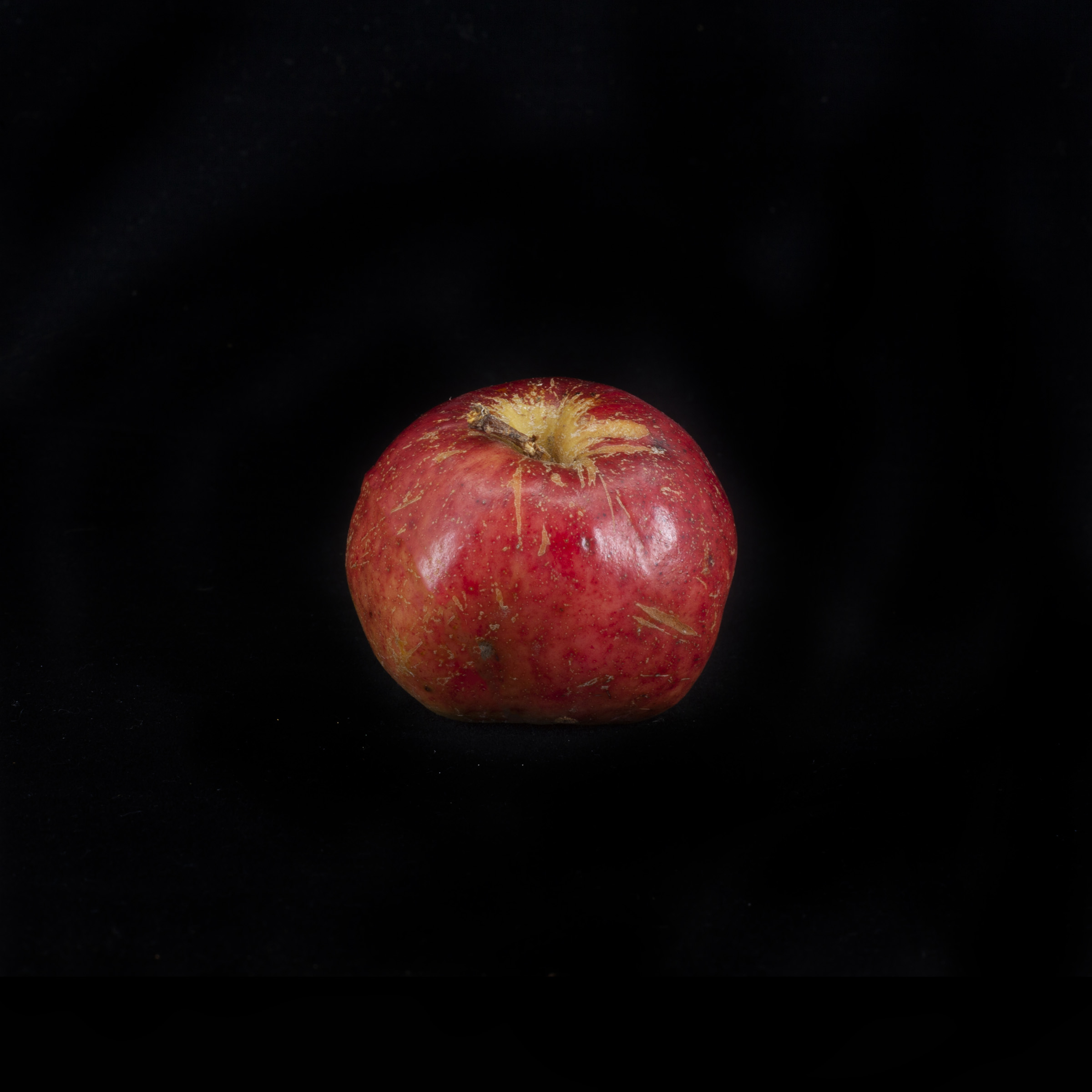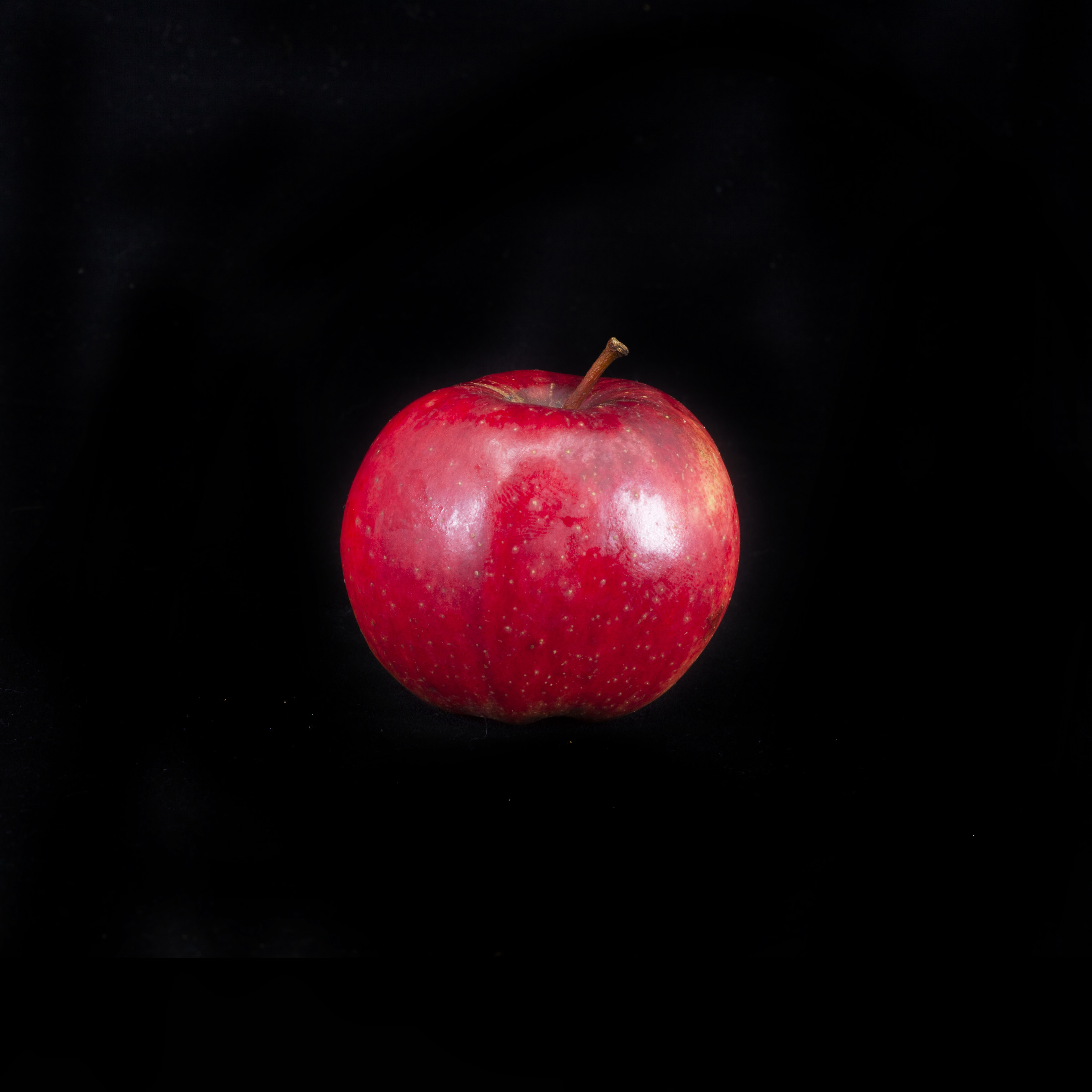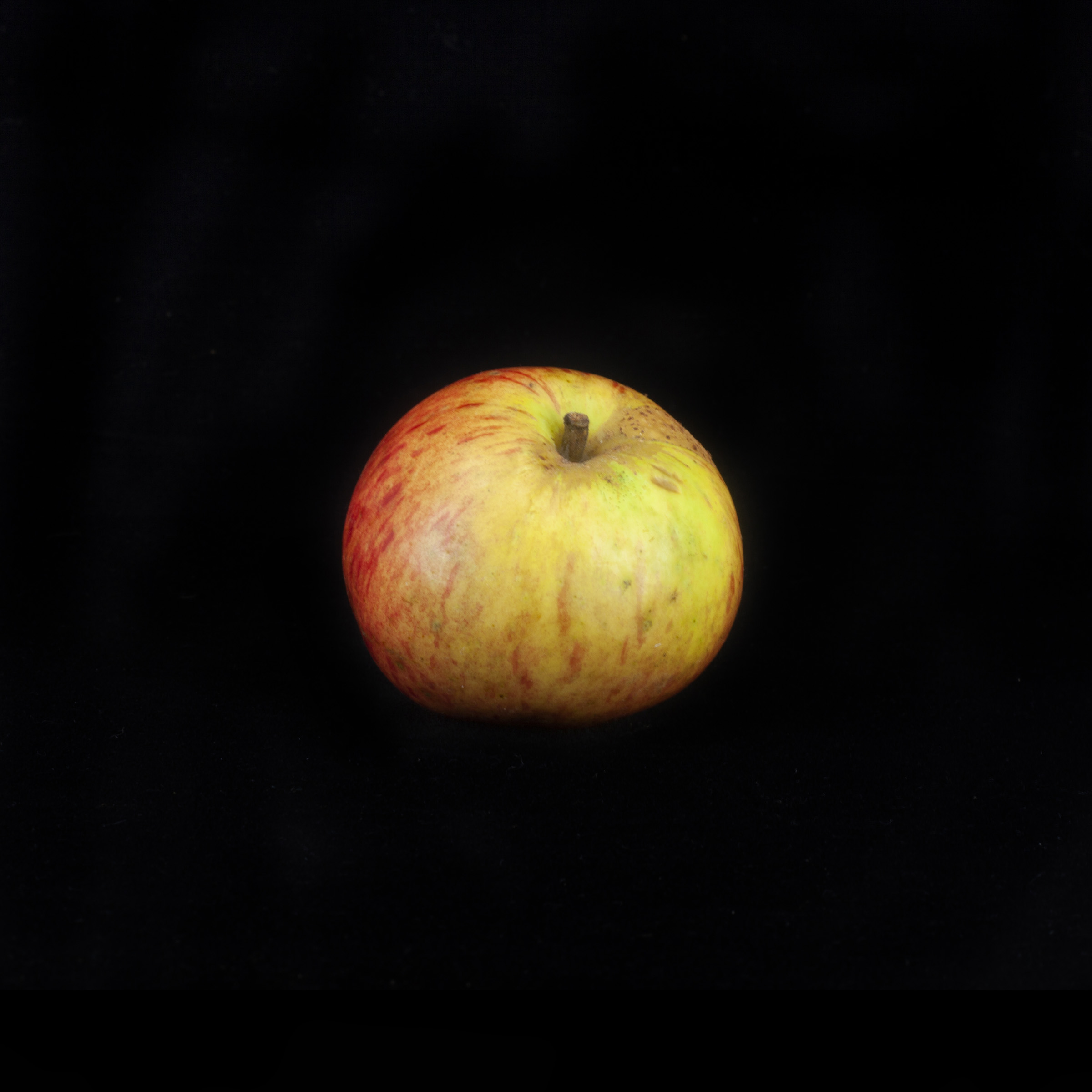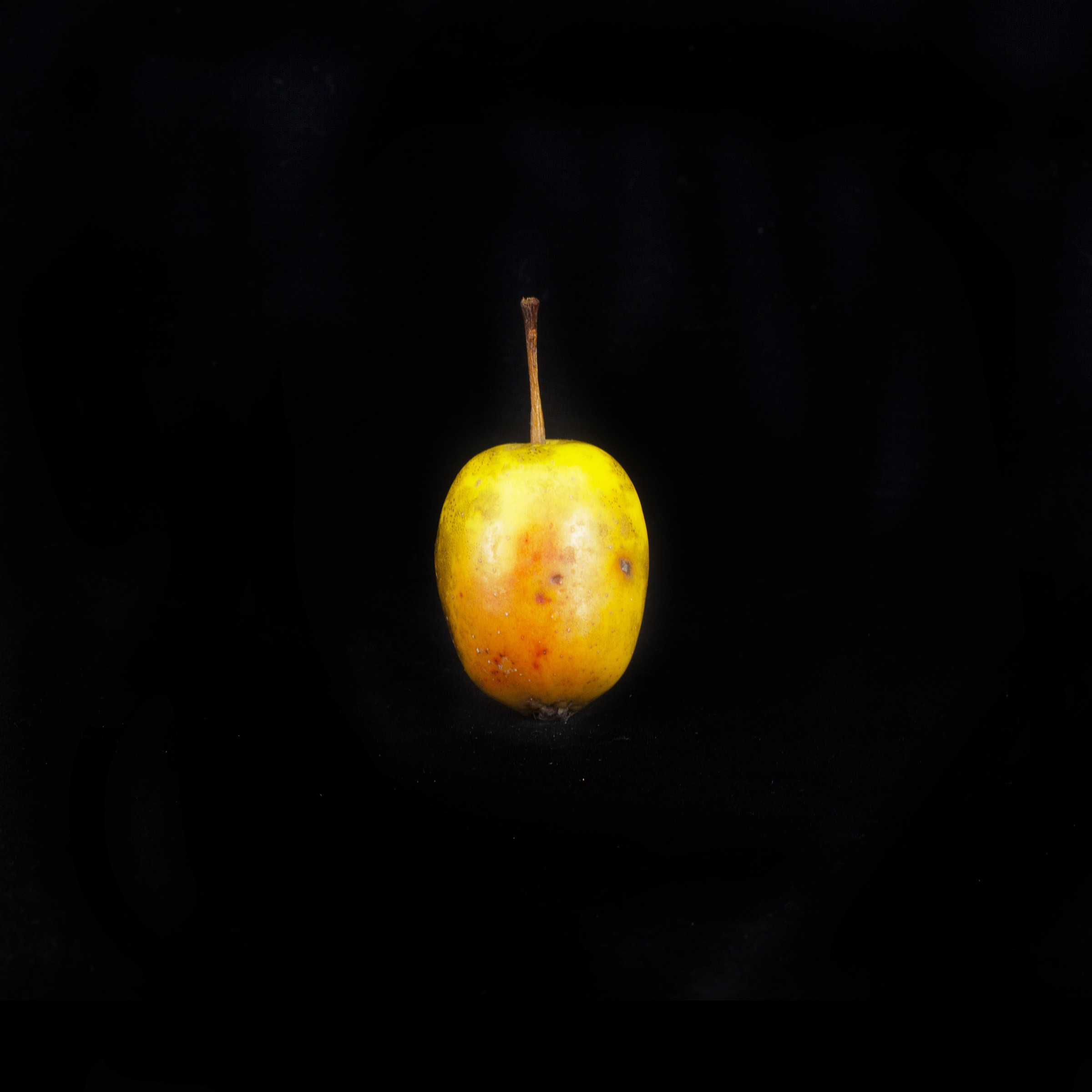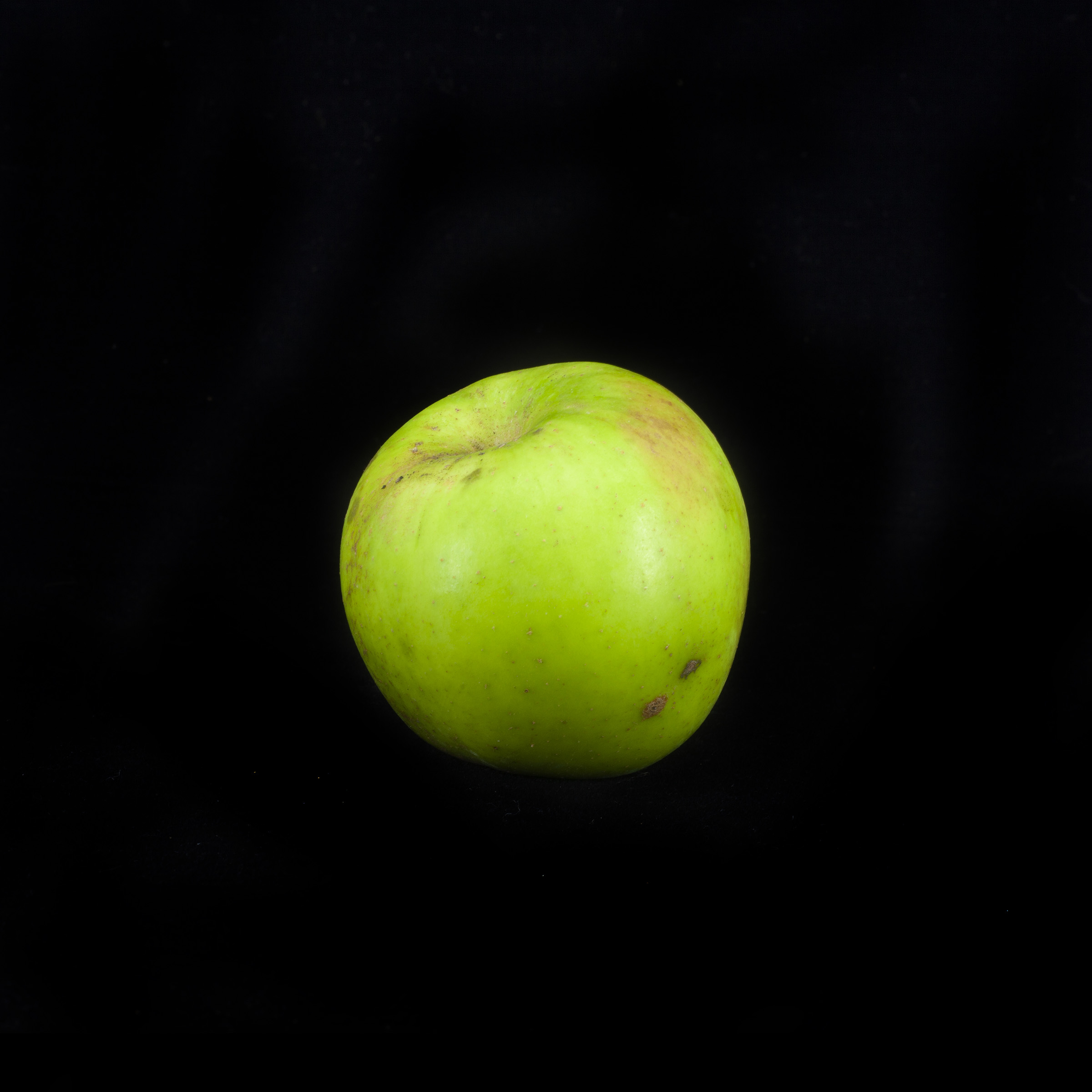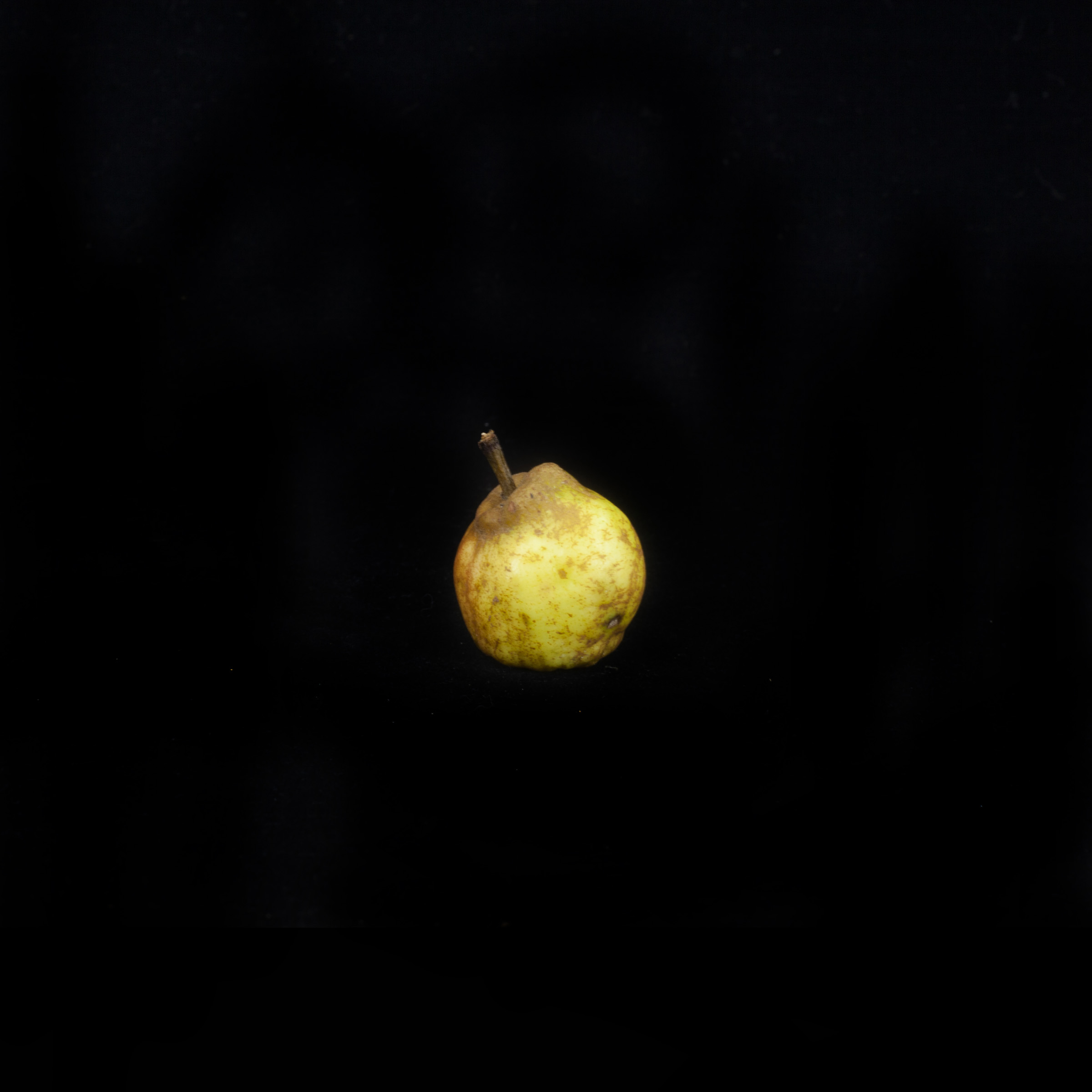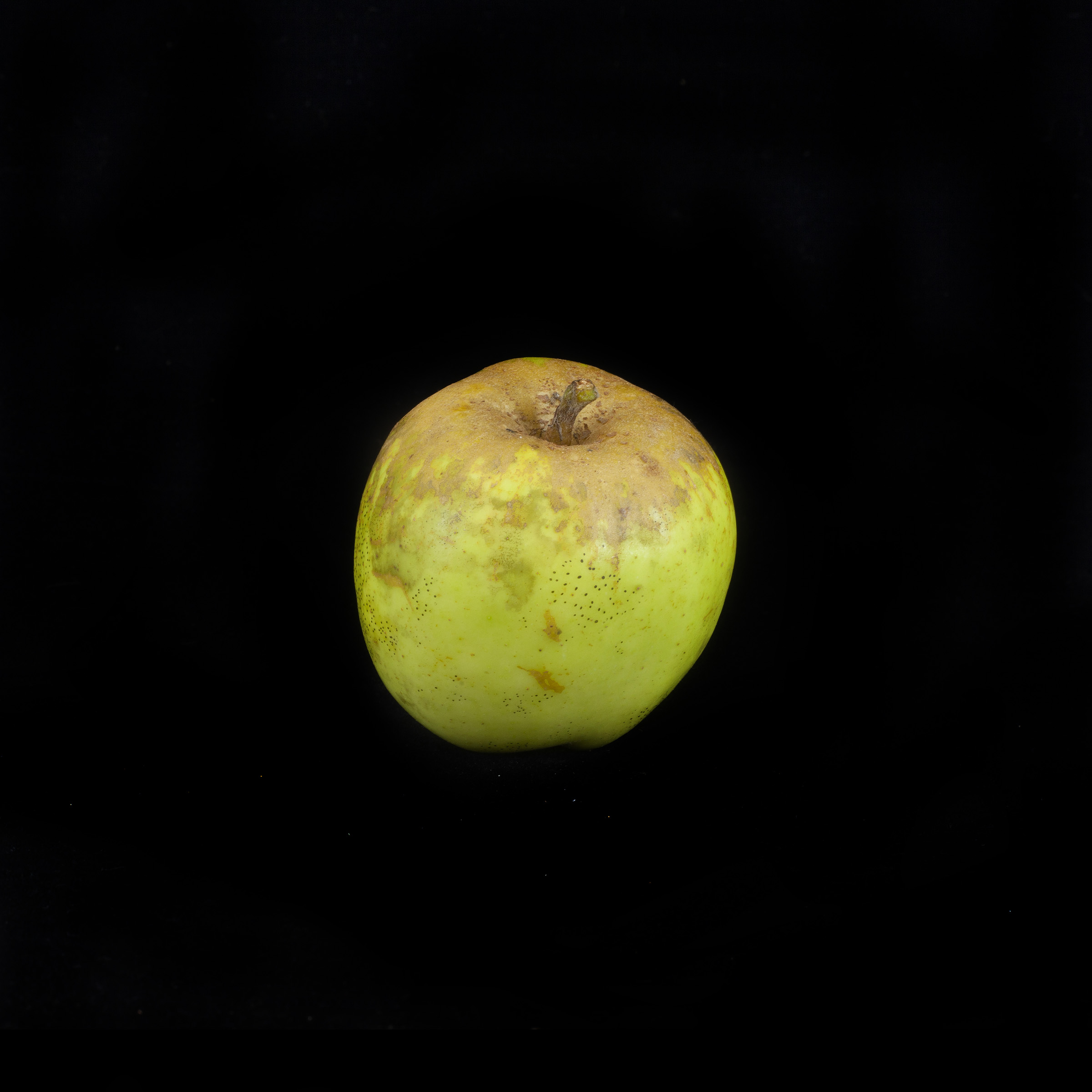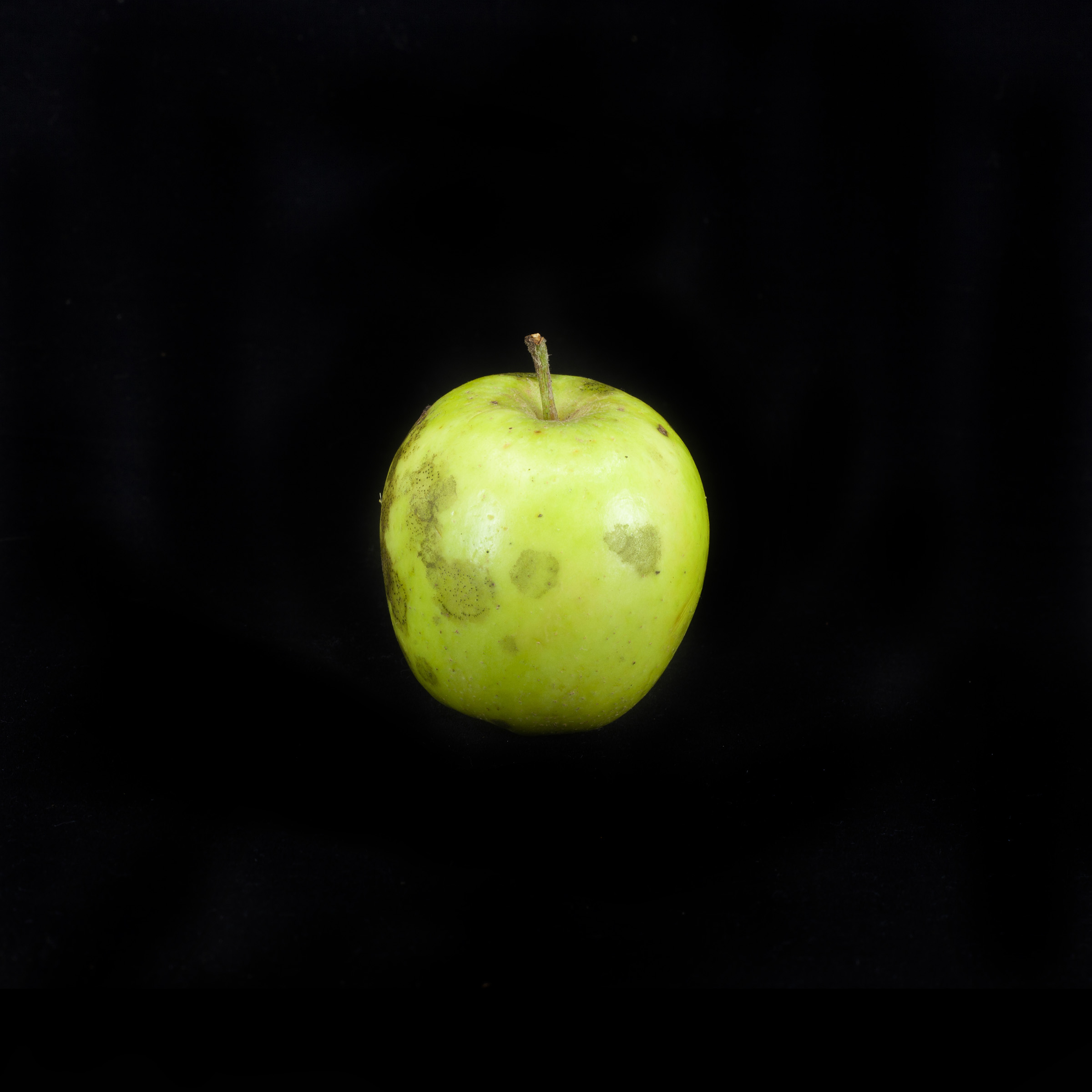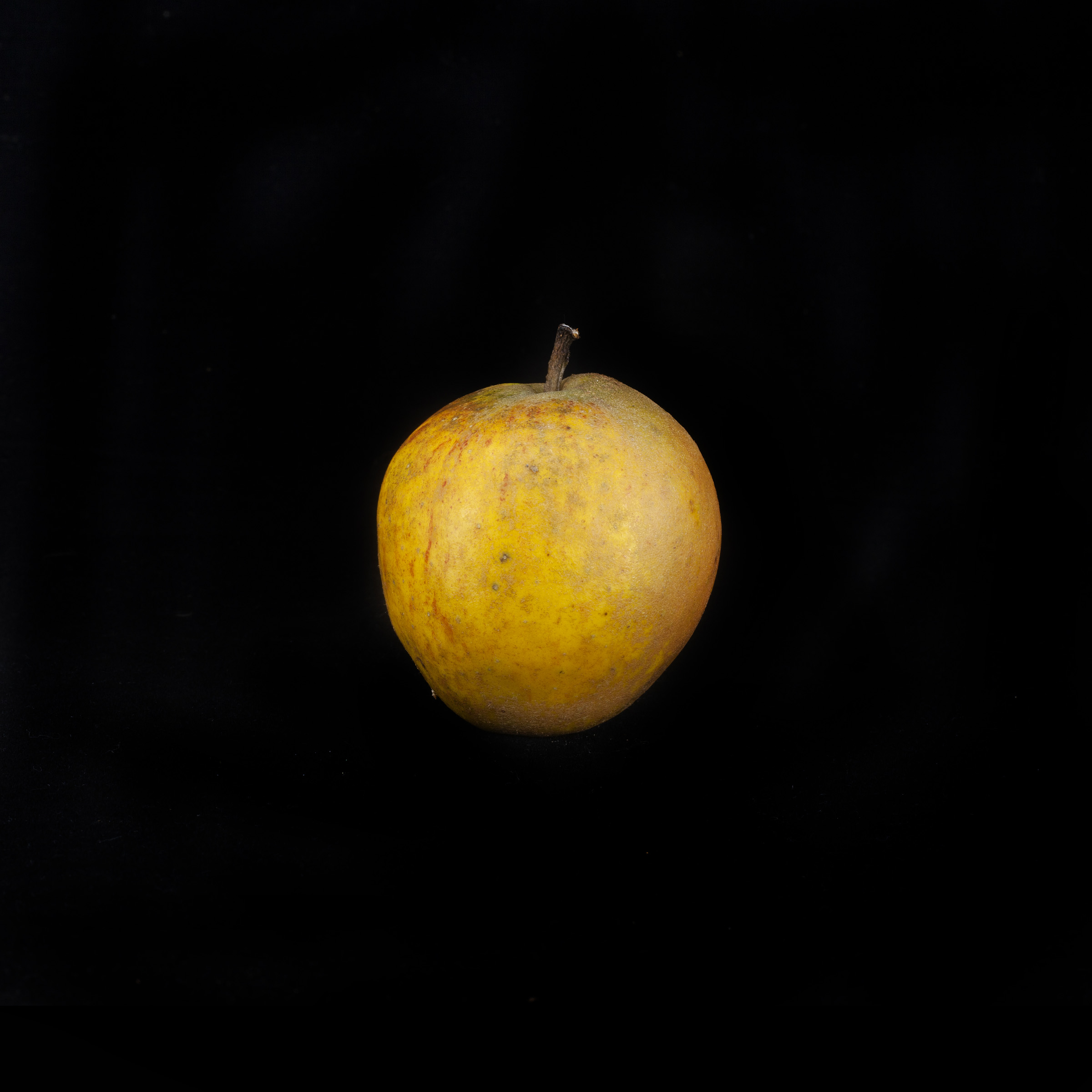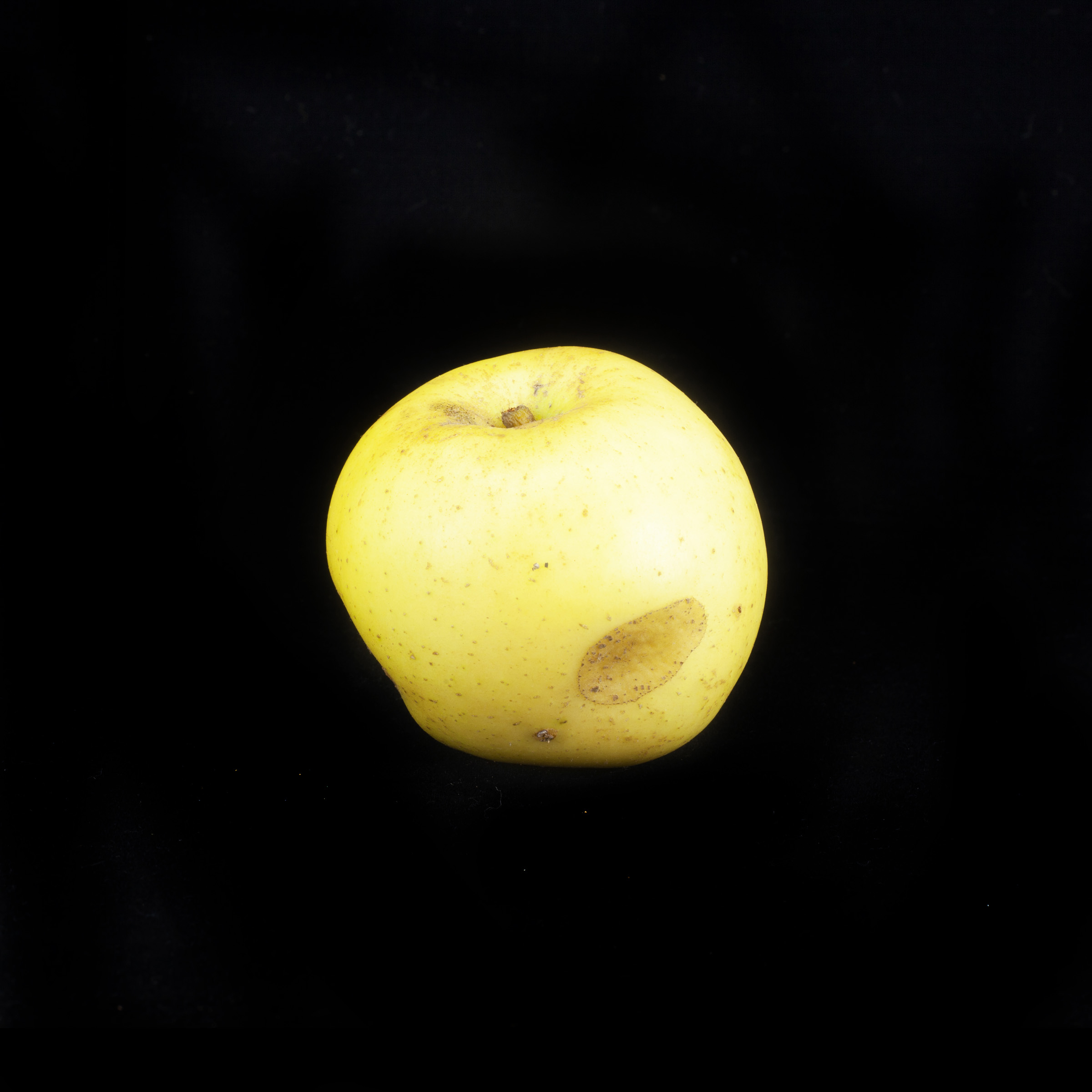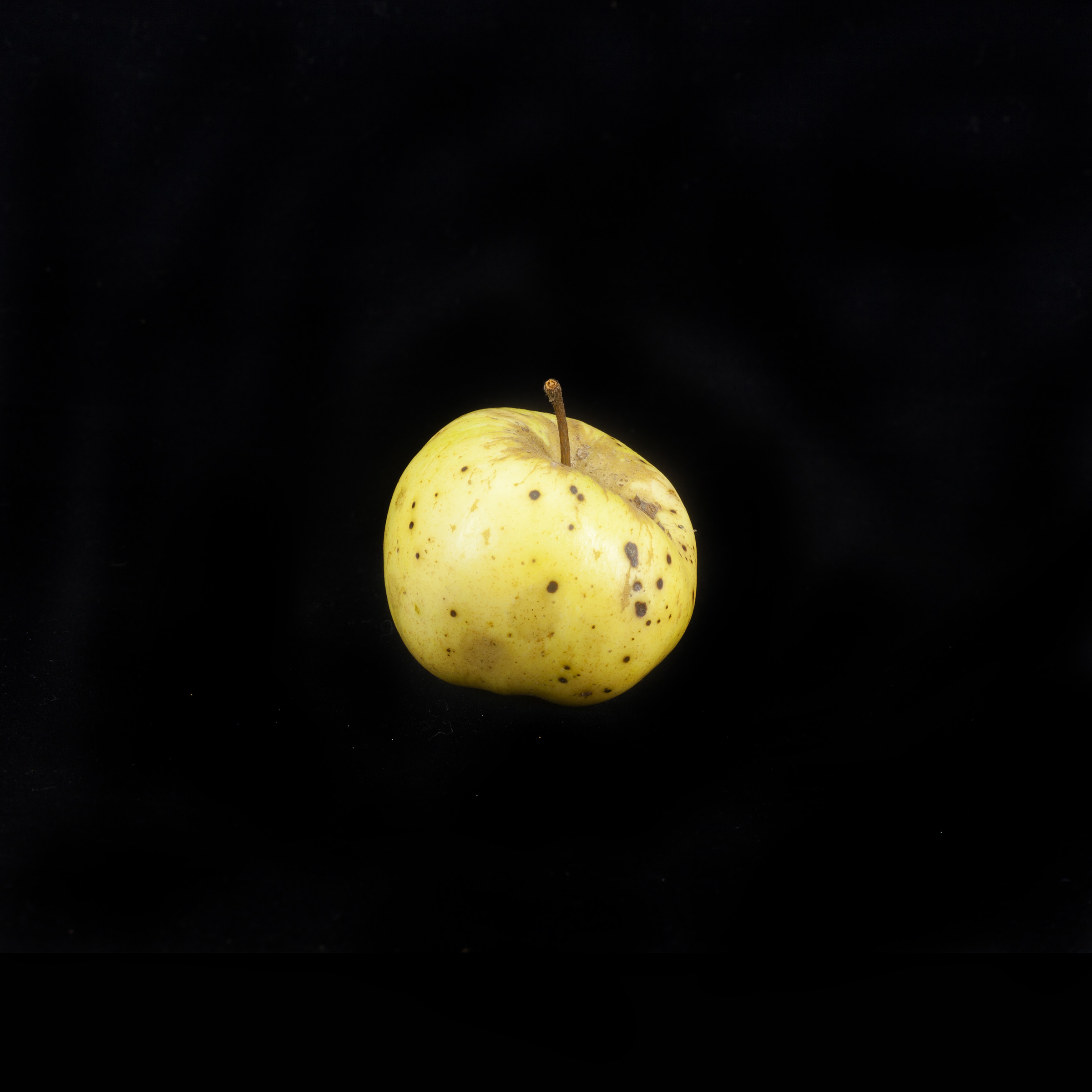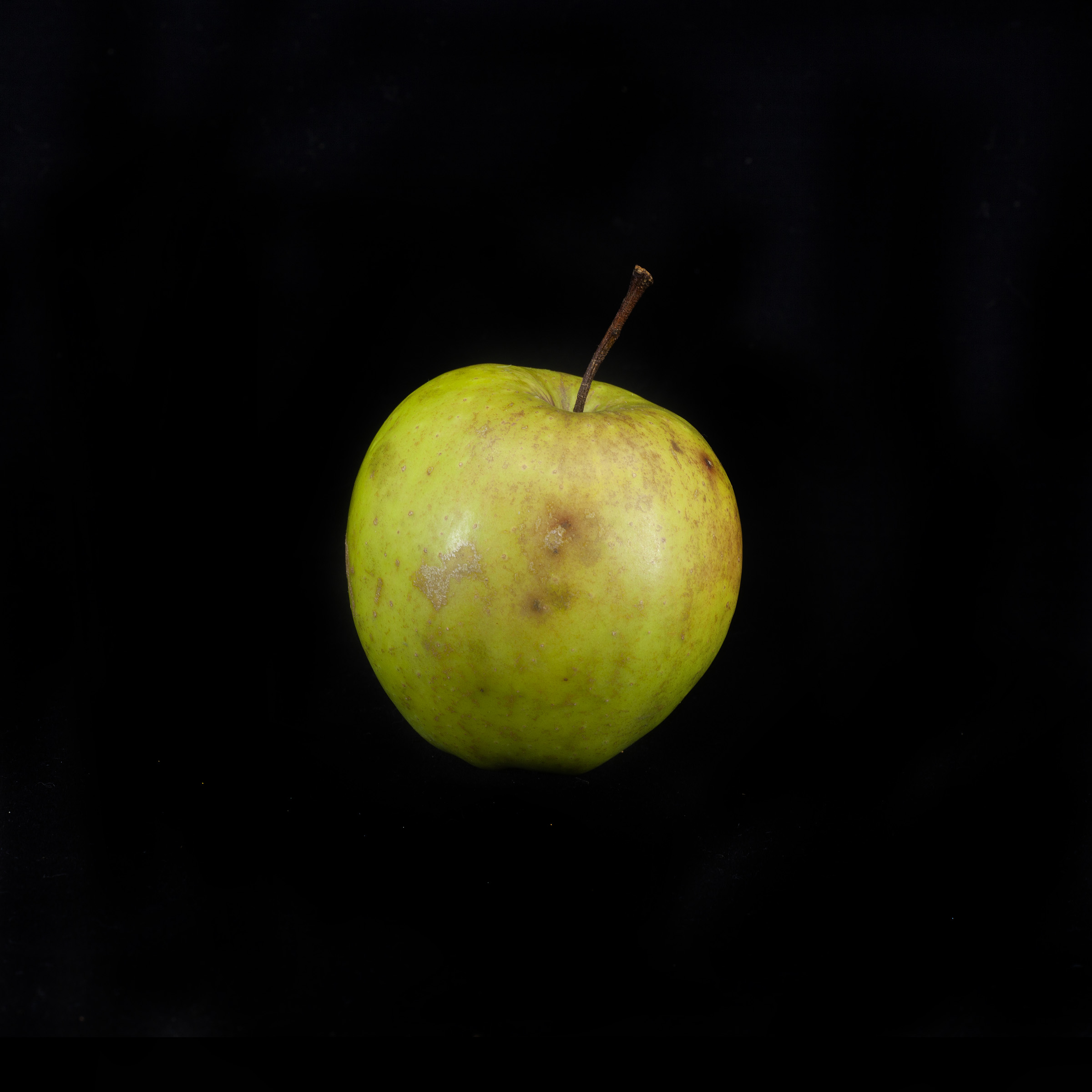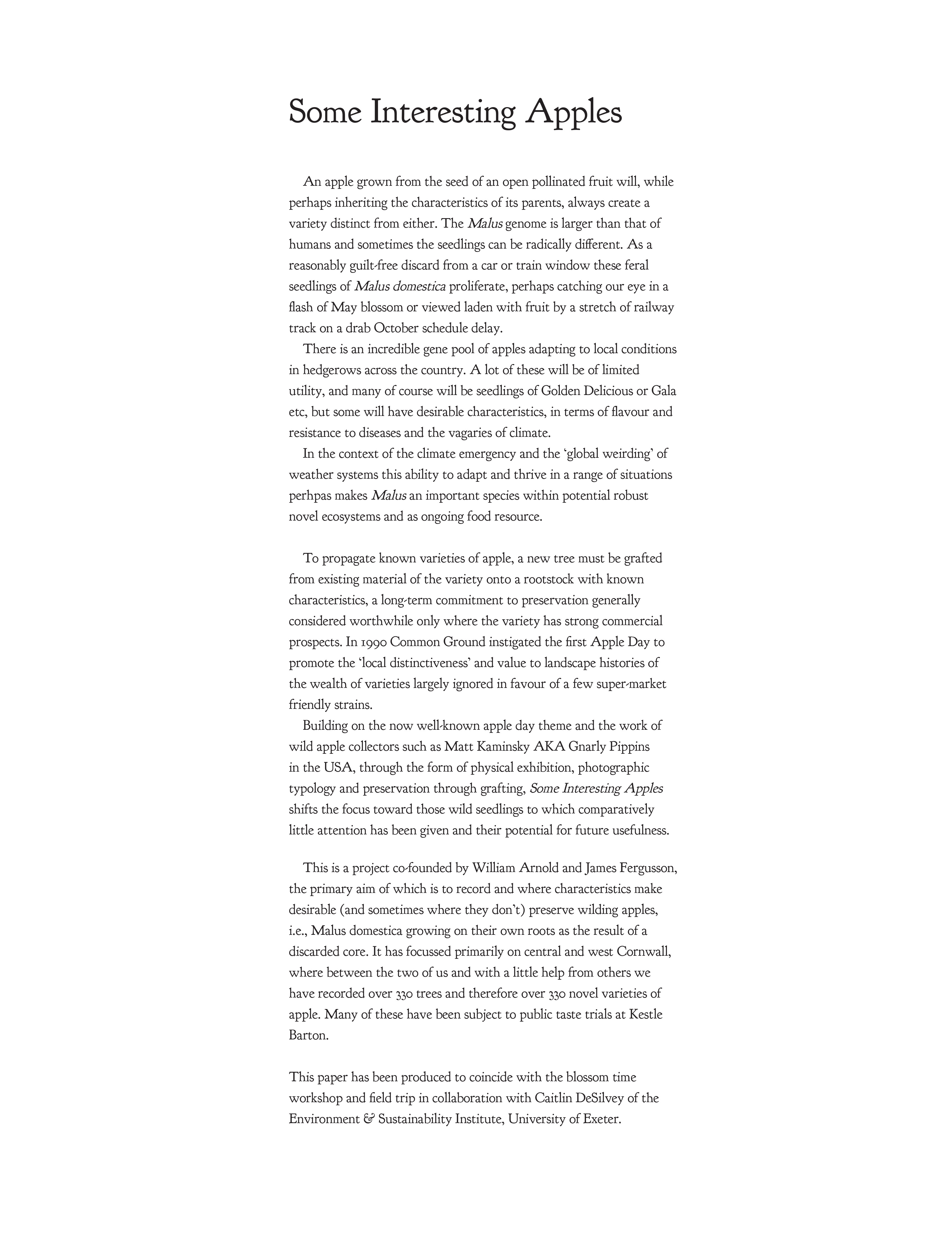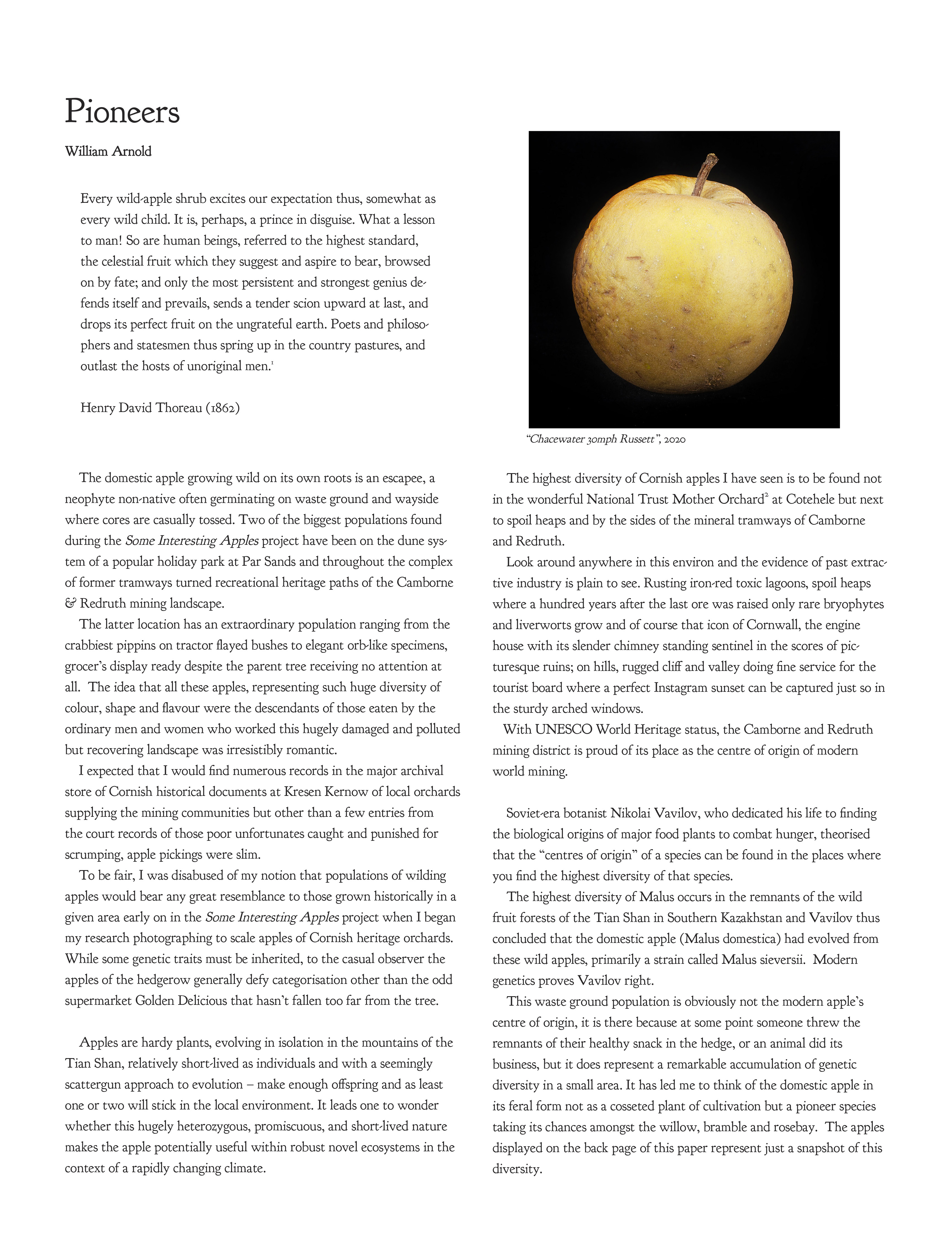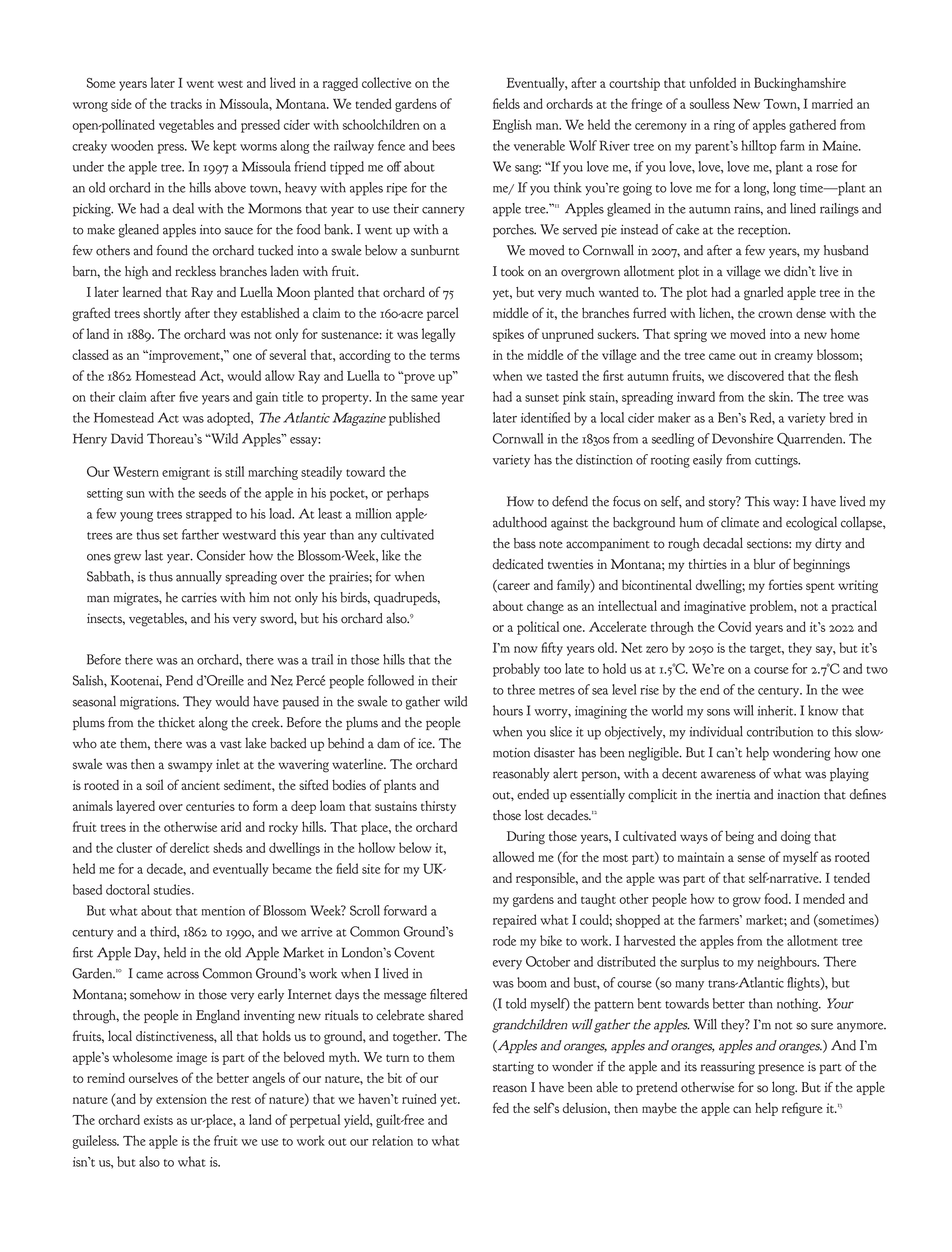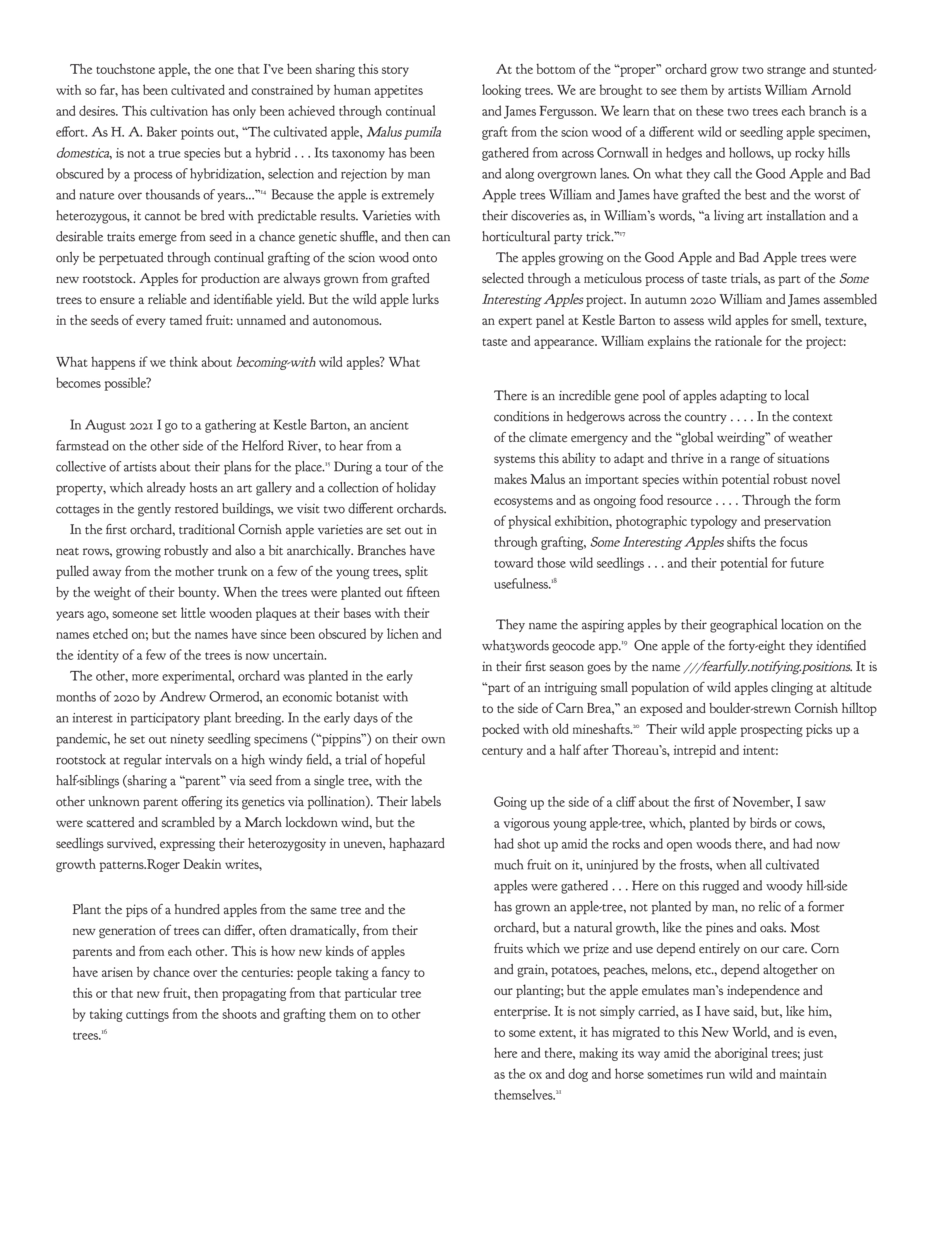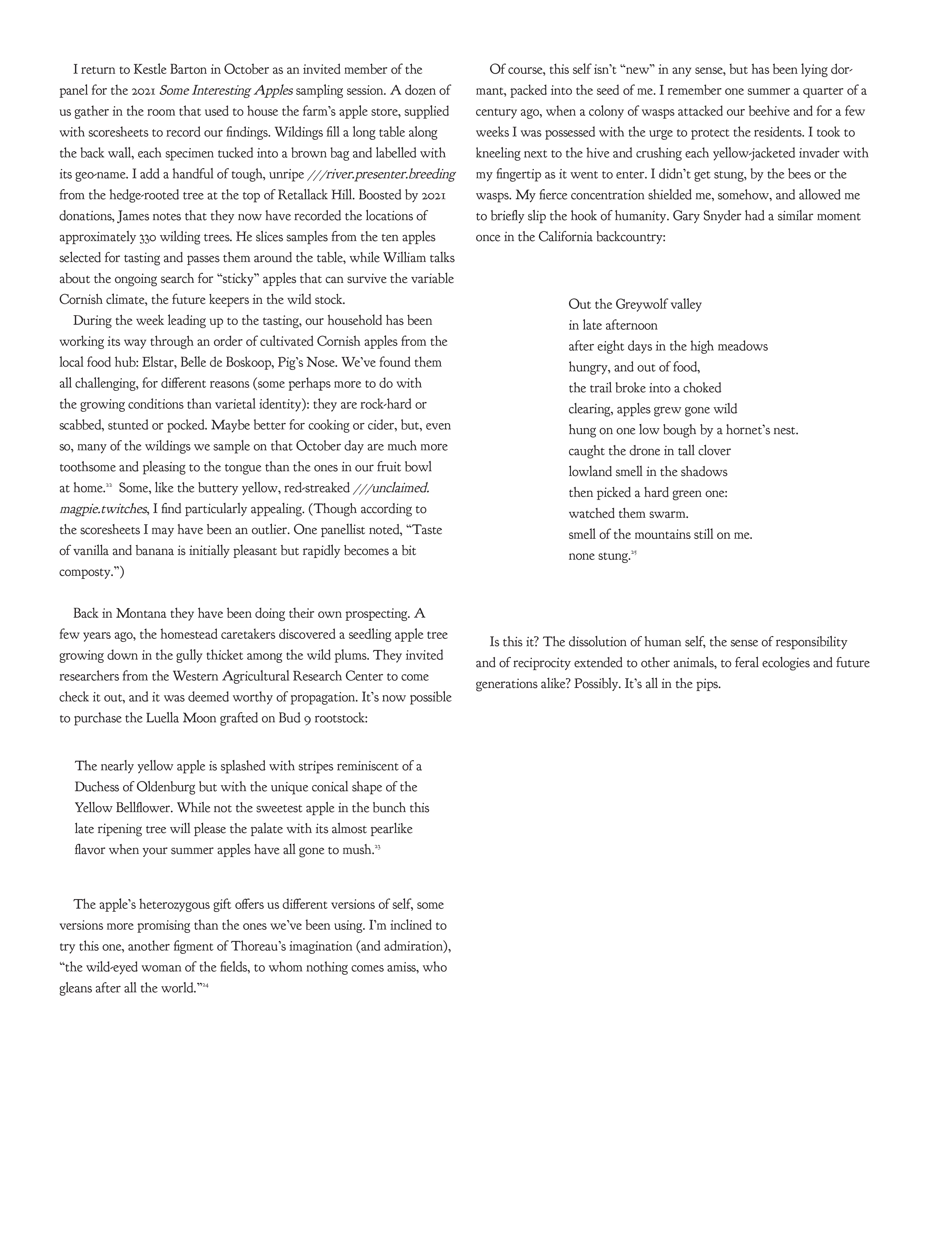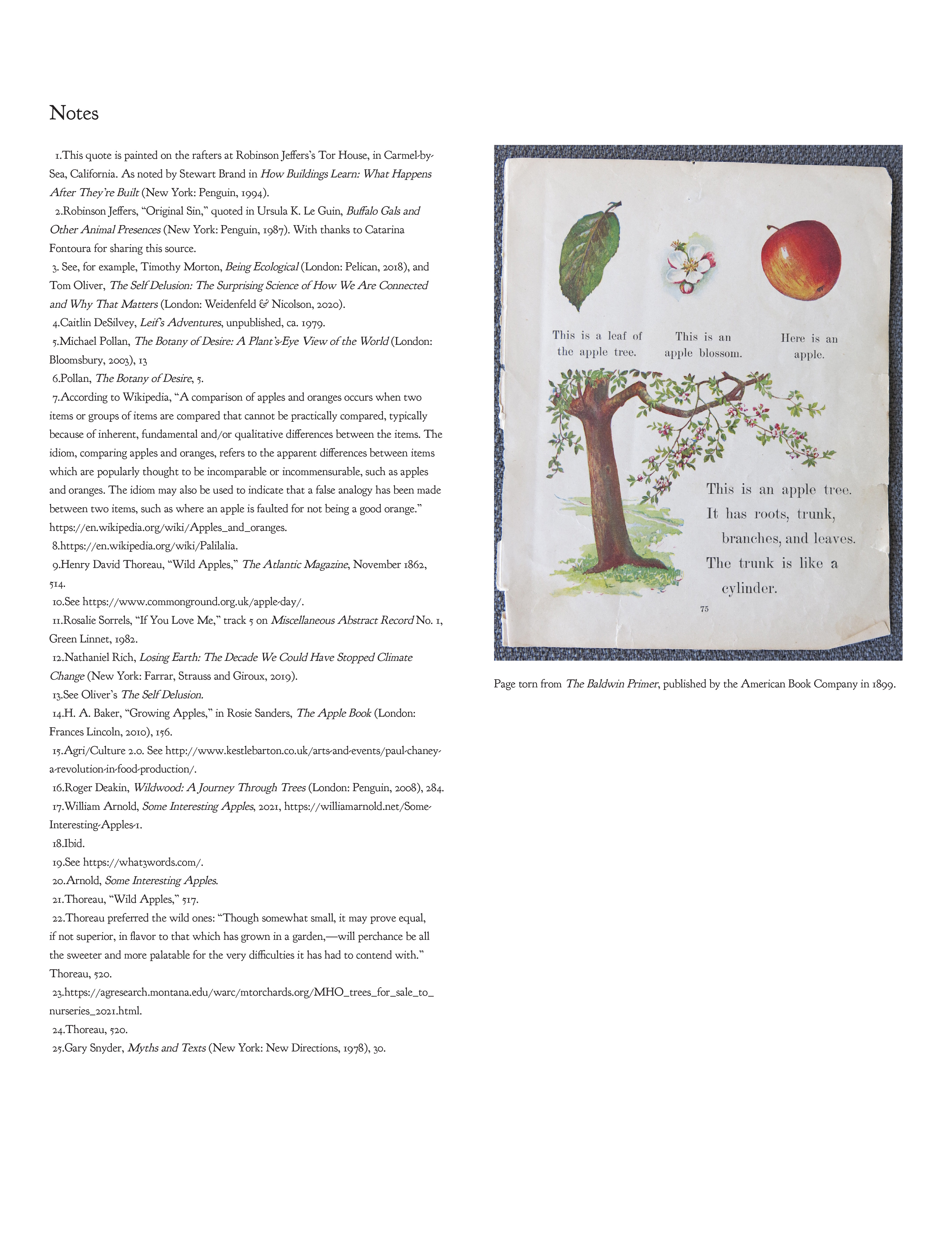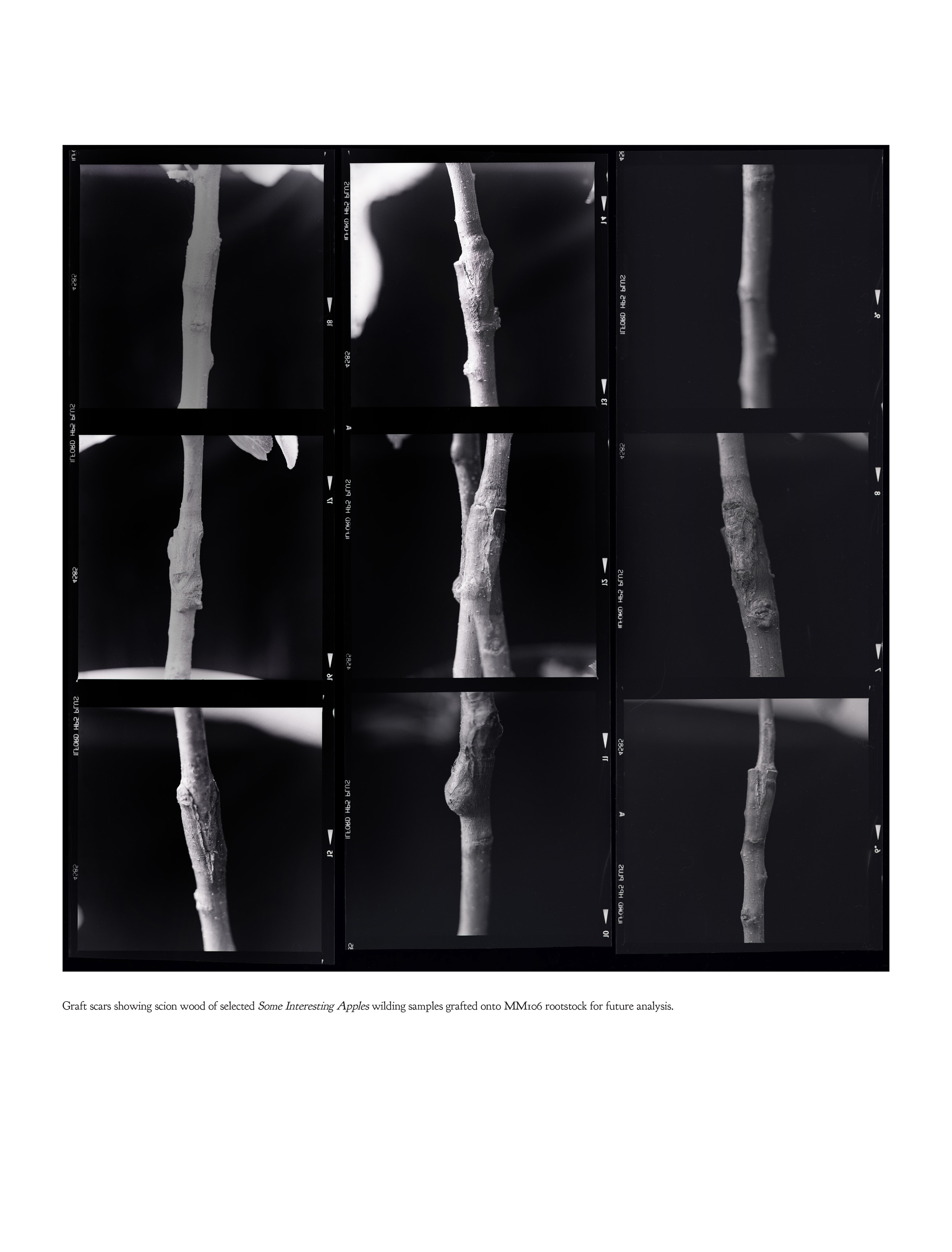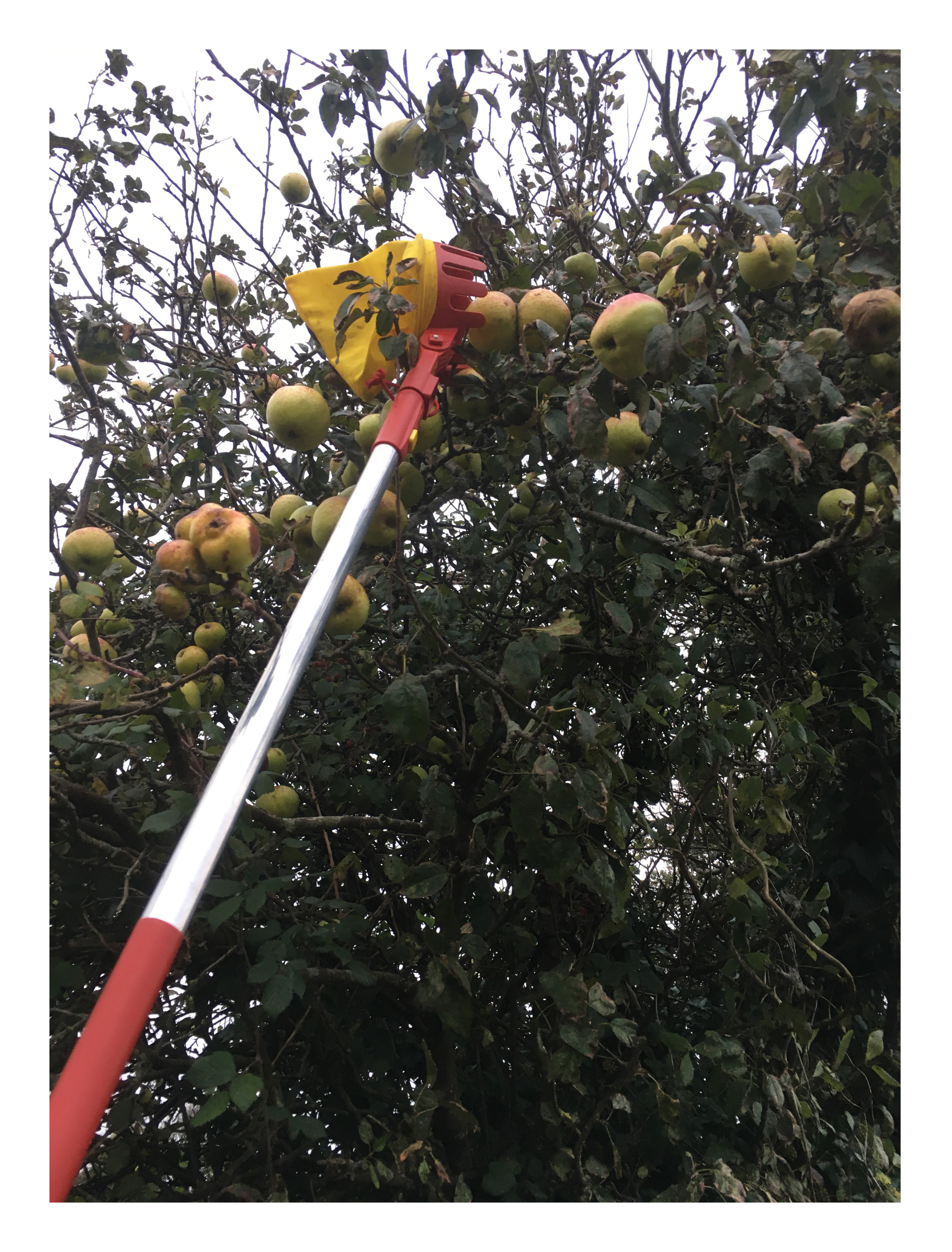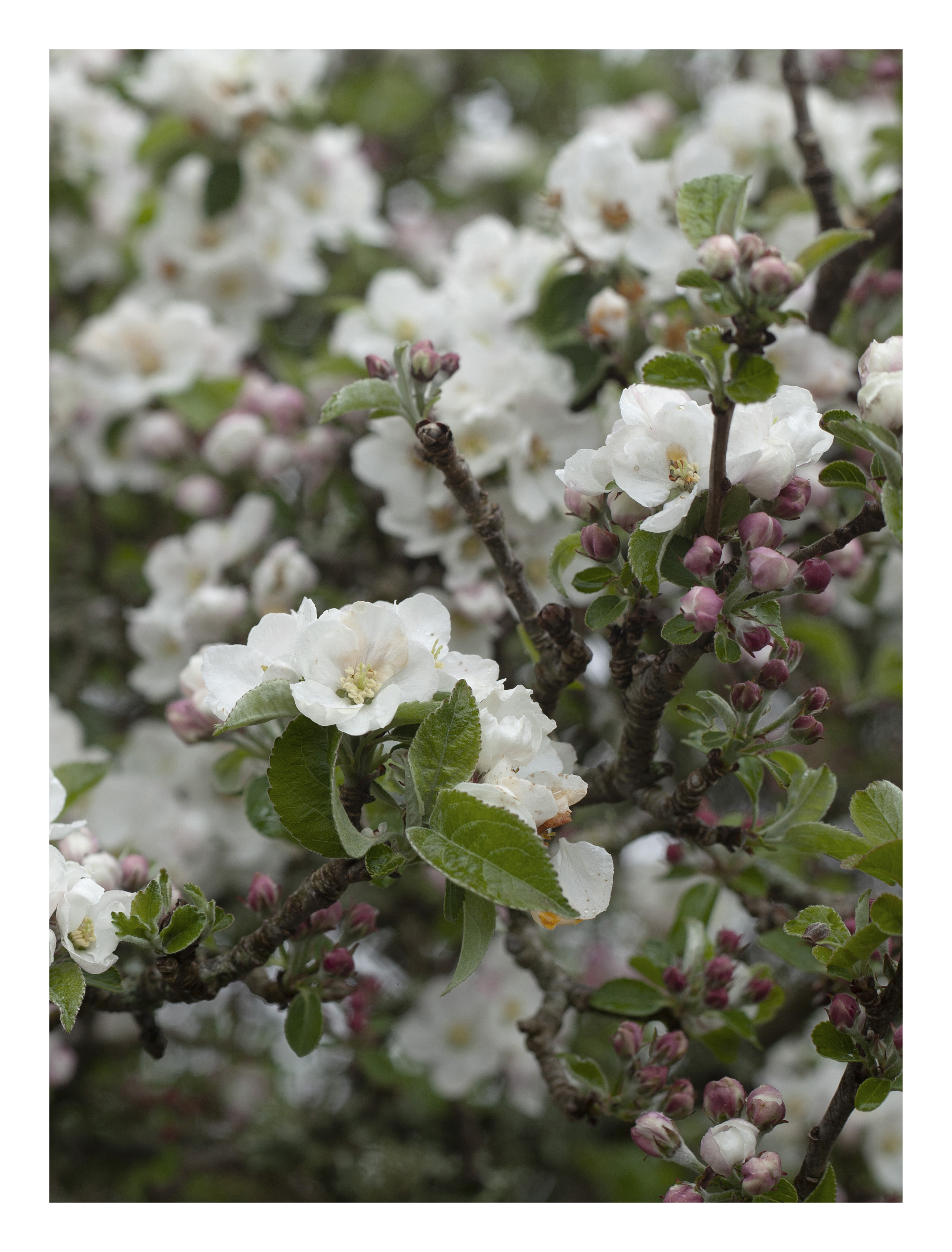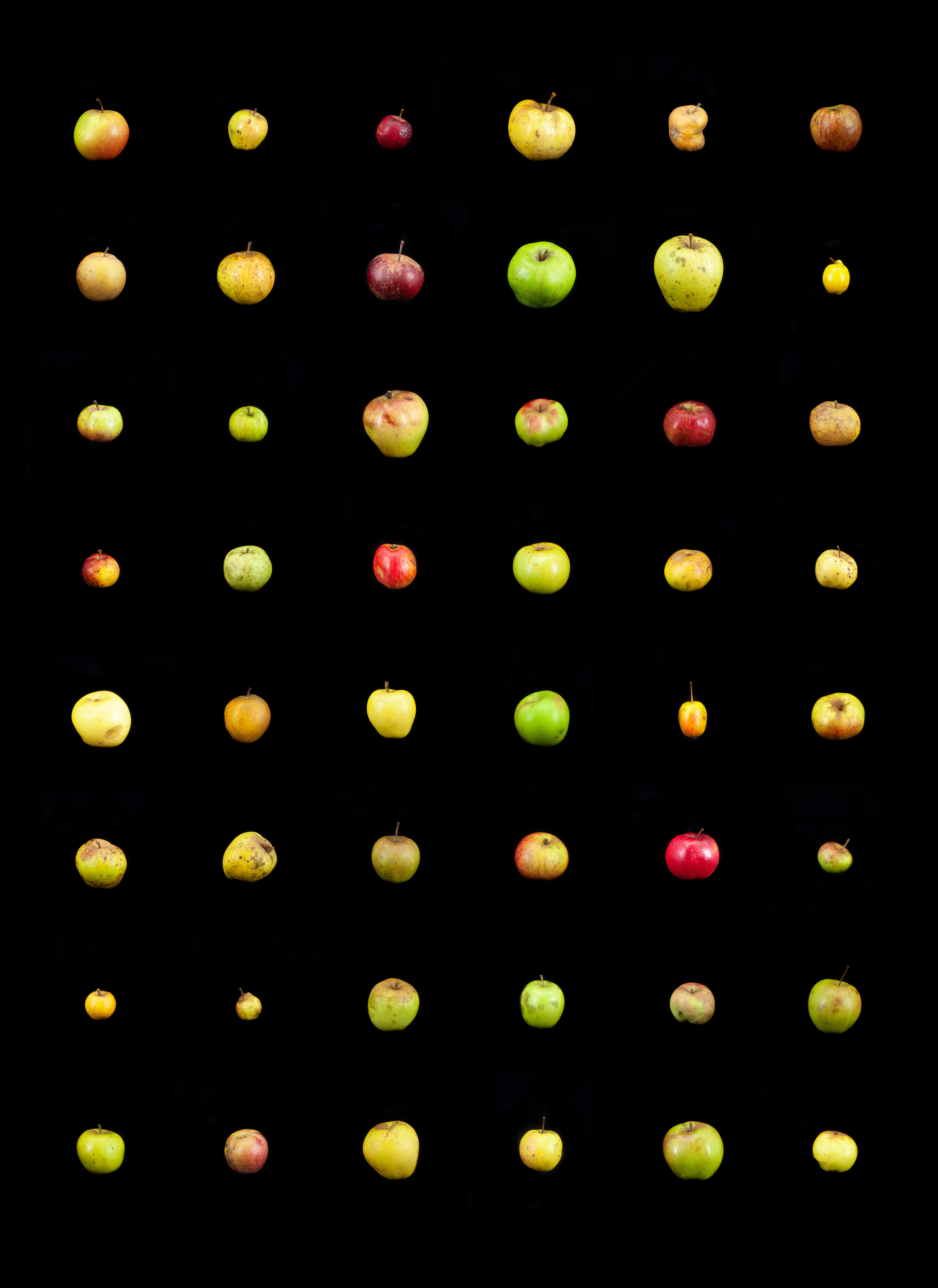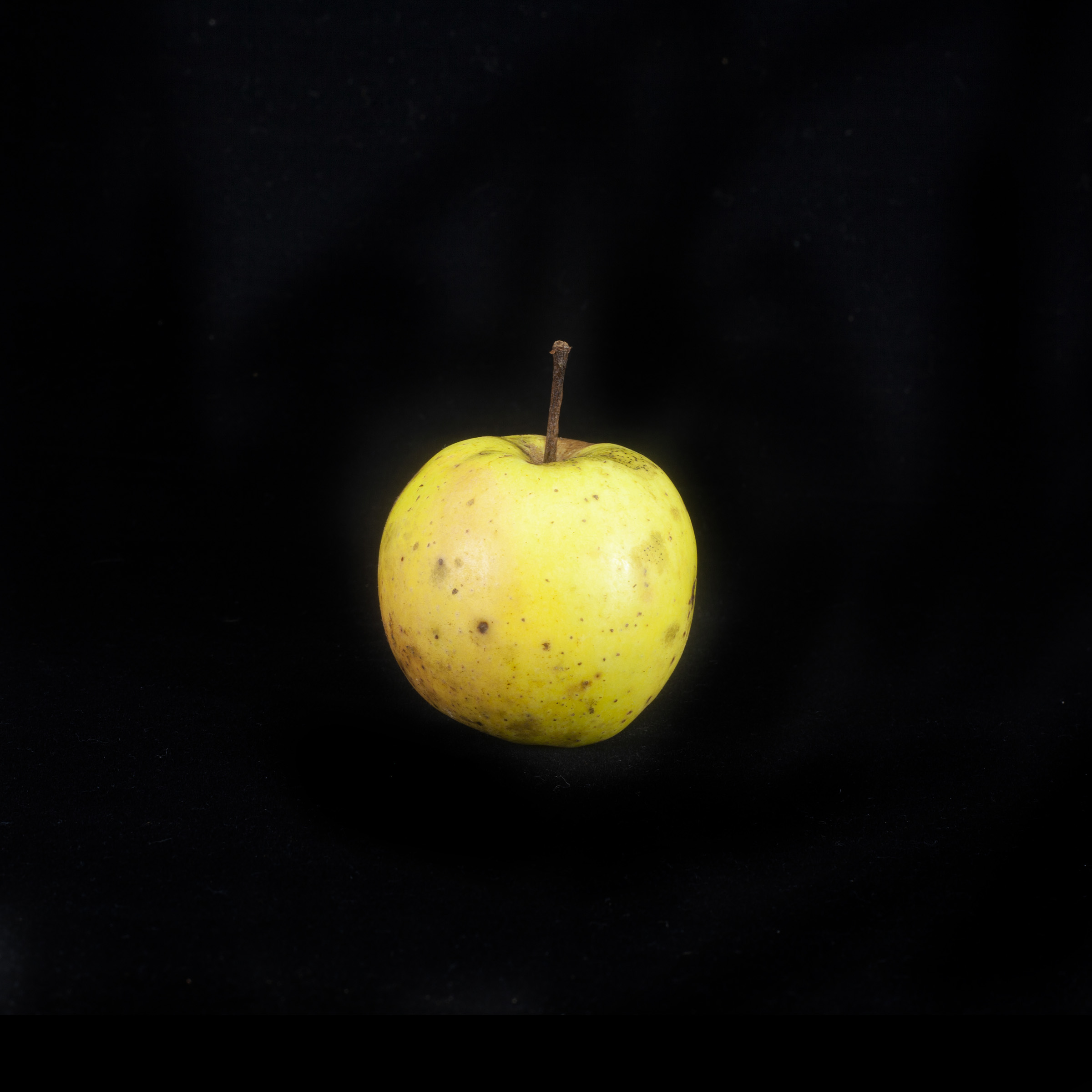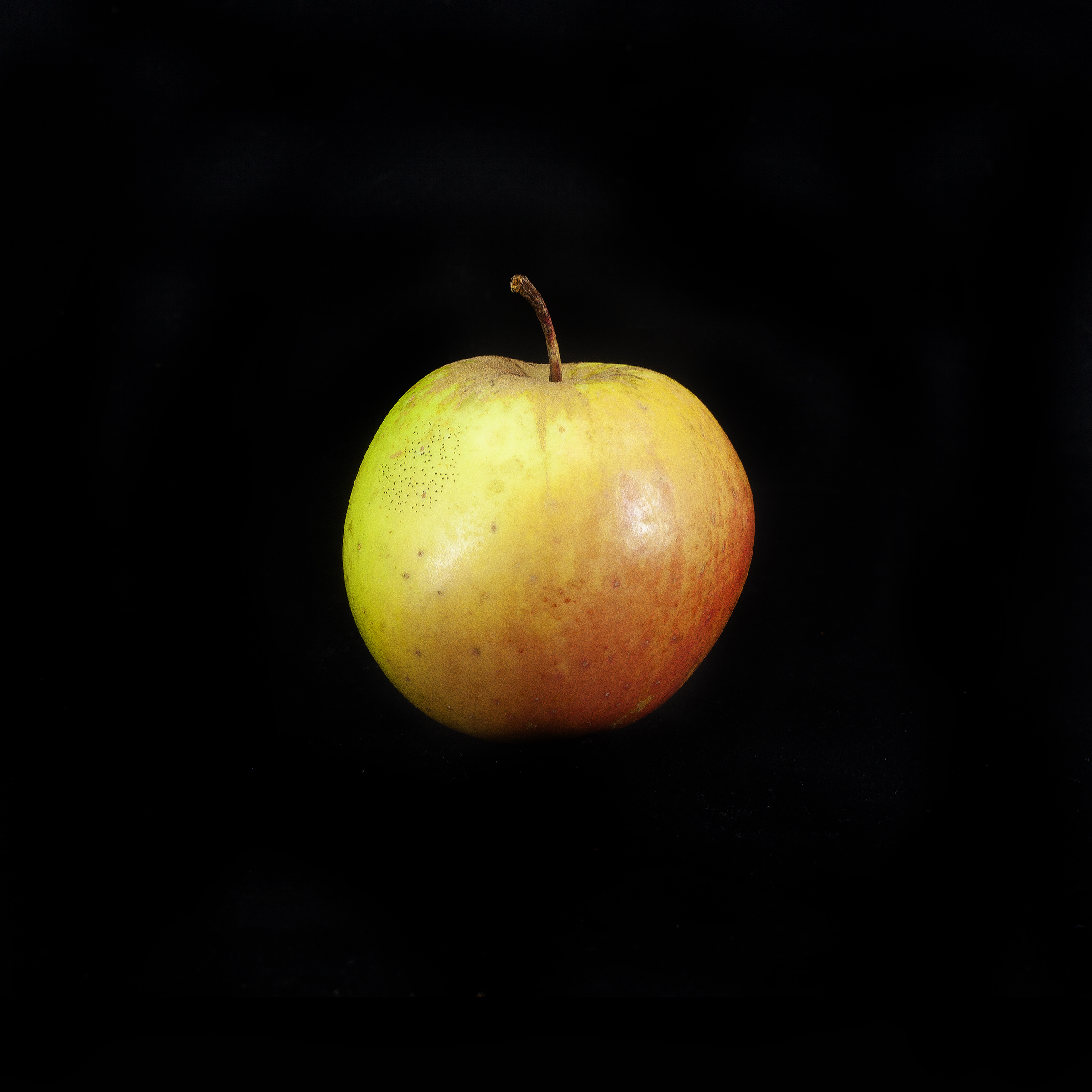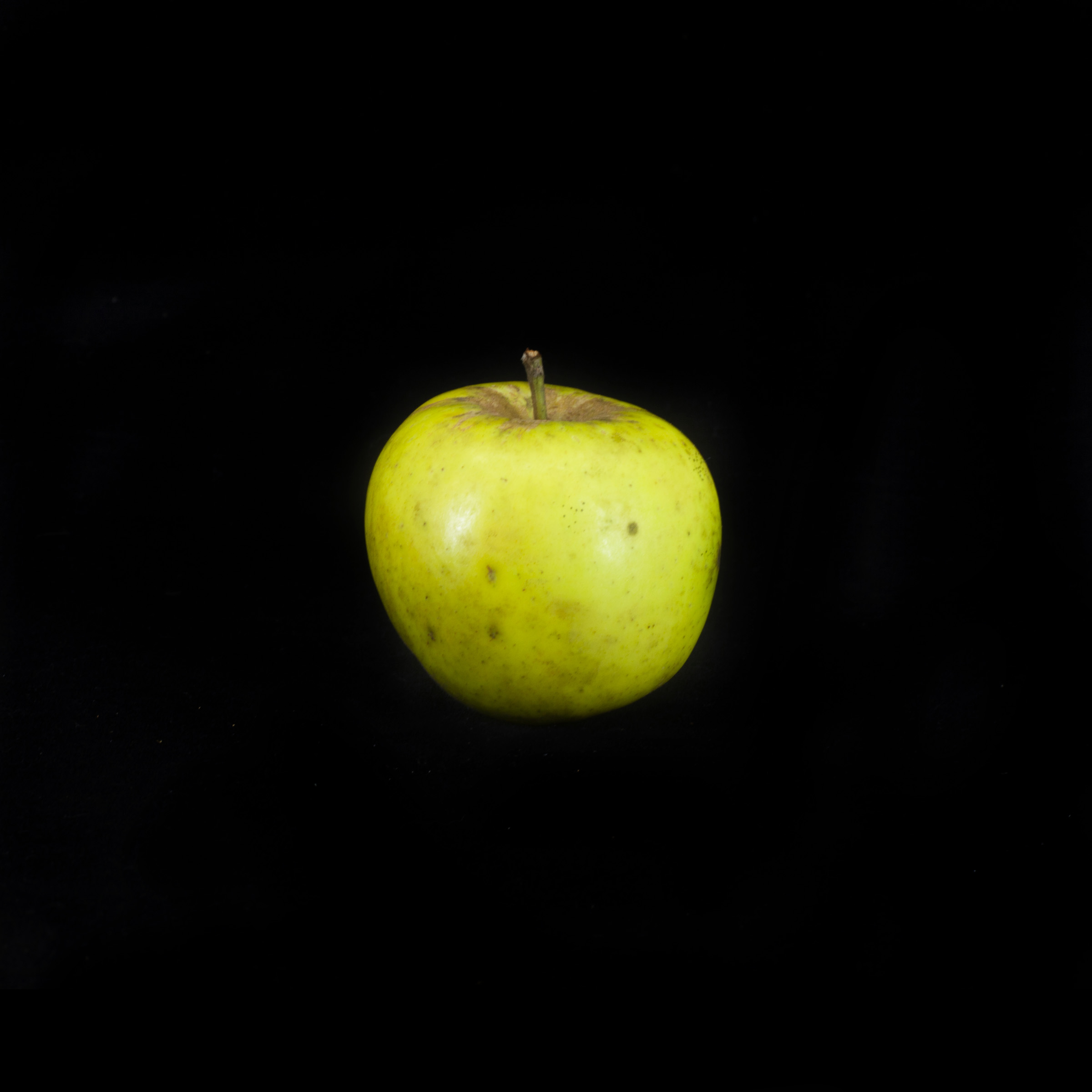︎
Cornish Orchard Growing Future Apples from Tossed Cores
The Some Interesting Apples(SIA) project develops new locally-distinctive and potentially climate-resilient
apple varieties from trees growing from discarded hedgerow and wayside cores. In
2023 SIA worked with Forest for Cornwall and the National Trust to establish
the Wilding Mother Orchard (WMO) near Helford, Cornwall. WMO is the first UK orchard
solely dedicated to the cultivation of selected wild-grown chance-seedling apples.
The logic is simple. Every apple that grows from seed is a
unique new variety and the apple genome is huge – bigger than the human genome
infact! This extreme heterozygosity (yes, it’s a word) means that each
apple growing from a casually discarded snack has the potential to become a
useful new variety adapted to a local climatic niche. Searching for appealing
apples in this genetic tombola of mouth-puckering crabs and exhaust-fumed Royal
Gala offspring could be a fool’s errand, but we have been trying and we think
we are starting to succeed!
Since William
Arnold and James Fergusson founded SIA in 2019 the project has located and mapped over 600 unique apple
wildings in Cornwall’s hedges, verges and marginal lands, identifying each tree
through a unique what3words tag. Kestle
Barton rural arts space has hosted three editions of the SIA public taste
trails, which feed into a process of selecting potential new cultivars. In 2022
SIA began to work with Caitlin DeSilvey of the Environment
and Sustainability Institute at the University of Exeter’s Penryn Campus to
develop ideas for shared
research.
In February 2024, 80 apple rootstocks were planted at the
Wilding Mother Orchard site and grafting of the wilding scions (cuttings from
parent trees) began a few weeks later. The National Trust and the SIA team will
jointly manage and maintain the orchard as a community and research resource. WMO
will in time become a sister site to the National Trust’s famous Mother
Orchard of regional varieties at Cotehele.
The project is currently working to secure funding for
ongoing research, including genetic fingerprinting of the selected wildings and
participatory activities to address the ecological problem of plant blindness.
Follow Instagram @someinterestingapplesfor updates about the project and opportunities and to get involved.
![]()
The paper reproduced here was published to coincide with the April 2023 blossom time workshop and field trip in collaboration with Caitlin DeSilvey of the Environment & Sustainability Institute, University of Exeter. For best readability view on desktop in full-screen mode.
![]()
![]()
![]()
![]()
![]()
![]()
![]()
![]()
![]()
![]()
![]()
![]()
![]()
![]()
48 Wild Apples from West Cornwall photographed at comparative scale
Displayed at Kestle Barton as part of the trial Some Interesting Apples: Wild & Seedling Pomological Exhibition.
Key to apples. Unless submitted otherwise the name of each apple is the what3words cooridnates of the location of the tree.
Row 1: acoustics.driven.quest, aquatints.frightens.composes,
baseline.plugs.field, beaten.profiled.thinnest, builders.pitchers.prune, Carn
Brea Red Streak
Row 2: Chacewater 30mph Russet, ghosts.taxpayers.given,
cherish.immediate.looms, chuck.stunner.push, commander.dwelles.unroll,
contains.complies.toolkit
Row 3: driver.accordion.push, emails.paranoid.workflow,
gallons.grub.coverage, genetics.crescendo.alienates, hung.broadcast.examples,
inspected.splinters.arts
Row 4: Just Delights Penryn, lifeboats.tasters.rejected,
lossed.flosses.jugs, magpie.offstage.beside, mutual.assembles.spout, Nancekuke
Long-Stem
Row 5: Nancekuke No.2, Nancekuke Non-pareil, nightcap.gloves.amplifier,
nooks.safari.shops, nuggets.joys.exposing, pens.housework.taxi
Row 6: Polwheale’s Boden Vean, props.indulges.rocker, Radnor
Road A30, Wheal Peevor Cottage, rank.chugging.gains, reactions.paraded.badly
Row 7: reseller.daily.bookings, Ruan Minor Holywell,
seasick.looms.newsprint, Sinns Common No.2, Swanpool Maenporth Footpath,
timed.blunders.ally
Row 8: unclaimed.magpie.twitches, unframed.deeds.pound,
used.found.samples, visa.octagon.himself, Wheal Peevor, Cloudy Brindle
